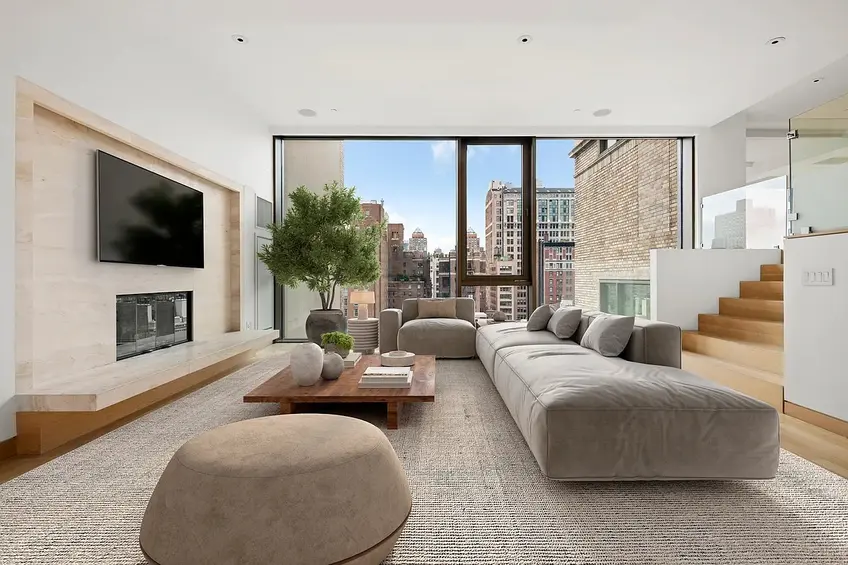 50 Gramercy Park North #15AB
50 Gramercy Park North #15AB
Most New Yorkers are familiar with co-ops and condos, but occasionally, listings come up in hybrid buildings known as condops. CityRealty listings currently show nearly 200 condop units for sale throughout New York City out of over 8,200 public listings; while this accounts for a small figure of the housing stock, it is still important to understand these hybrid buildings as well as the pros and cons of purchasing in one.
In this article:
What is a condop?
In New York City, many residential buildings have commercial space on the ground floor. In a co-op, however, there have historically been strict limits on how much revenue a building can make from its commercial tenants before losing certain tax deductions. To get around caps on commercial revenues, in the 1980s, a few New York City co-ops started to explore an alternative structure, which eventually led to the birth of the condop in 1984.The condop is essentially a smart way for co-ops to maximize commercial revenues while still maintaining the tax benefits extended to co-operatives. To do this, the building is first divided into two separate condominiums — one designated for commercial use and the other for residential use. Then, the residential condo is further divided into separate co-operative shares. The result is a structure that enables a sponsor to own or rent all the commercial space as they would in any building while maintaining a traditional co-op structure on the residential side.
From a commercial tenant standpoint, the condop holds many benefits. In traditional co-ops, commercial tenants — for example, a restaurant, clothing store, or doggie daycare — pay for a host of services they will never use, including laundry facilities and door staff. In condops, commercial tenants only pay for services that are relevant to their businesses. But this raises an obvious question: What do residential tenants have to gain from buying in a condop rather than traditional co-op?
Pros of buying a condop
The primary reason to buy in a condop is financial. With no cap on the ability to generate revenue from the rental or sale of commercial space, these buildings tend to be financially solvent. However, condops don’t necessarily have lower fees than other buildings since on the residential side, they operate like any other co-op.Moreover, some condops bill themselves as "co-ops with condo rules" and thus offer more flexible policies than a traditional cooperative to sweeten the deal. These can include no board interview, unlimited subletting from day one, low down payment options, friendly attitudes toward international buyers and parents buying for children, and/or liberal pet and pied-a-terre policies.
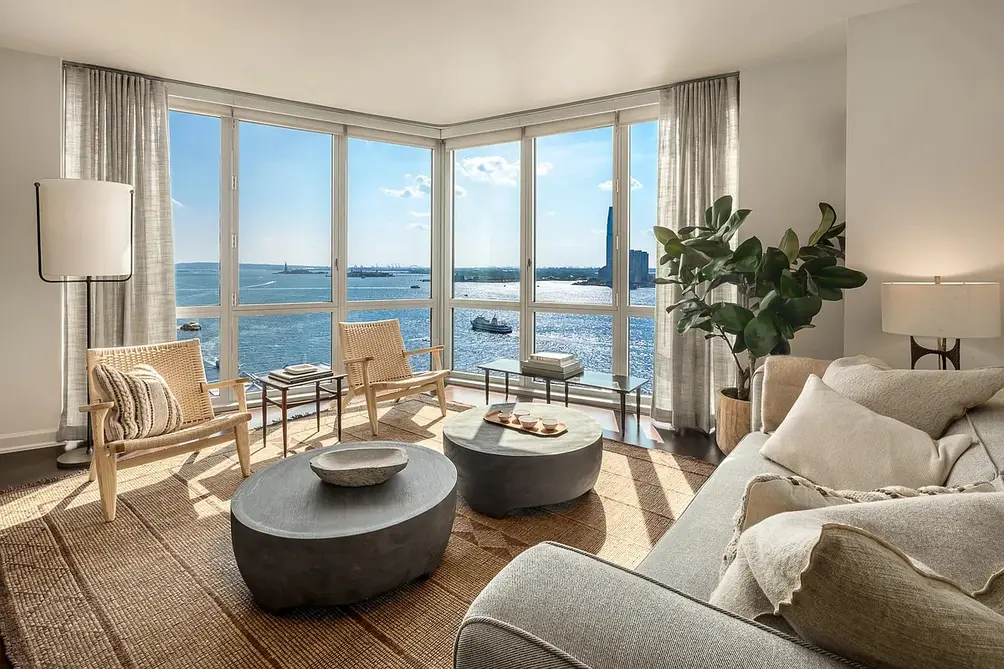 A unit in Solaire, a recently converted condop building in Battery Park City
A unit in Solaire, a recently converted condop building in Battery Park City
Cons of buying a condop
Co-op and condo boards are often complicated entities, and condops' are even more so due to their complex board structure. First, all condops have a condominium board made up of representatives from both the commercial and residential sides of the building. Second, condops have a co-op board, which functions more or less like any other residential co-op board. Finally, some condops also have a commercial board, which only comprises commercial tenants. If you dread the prospect of having to deal with one co-op board, dealing with three may be something you want to avoid.While most condops run smoothly, problems can and do arise when the interests of residential and commercial tenants clash. For example, while residential tenants may want to pour money into outdoor landscaping, commercial tenants may not. Likewise, while a commercial owner may not think twice about renting space to a loud restaurant or dubious massage parlor, co-op residents may object.
In a traditional co-op, residents can vote on the types of businesses that occupy the ground floor of their building. In a condop, the choice of commercial tenant is entirely out of their hands. As a result, anyone looking to buy in a condop is advised to do a bit of additional research. Among other things, prospective buyers should investigate any history of litigation in the building and determine how many votes residential versus commercial tenants hold. If there is a history of litigation or commercial tenants hold the balance of power, buying in that building may be a bad idea.
In a traditional co-op, residents can vote on the types of businesses that occupy the ground floor of their building. In a condop, the choice of commercial tenant is entirely out of their hands. As a result, anyone looking to buy in a condop is advised to do a bit of additional research. Among other things, prospective buyers should investigate any history of litigation in the building and determine how many votes residential versus commercial tenants hold. If there is a history of litigation or commercial tenants hold the balance of power, buying in that building may be a bad idea.
Finally, prospective buyers should be aware of the potential challenges of closing a deal in a condop. On the financing side, most condops are treated just like co-ops by banks. As a result, expect to bring at least 20 or 30 percent to any deal and to undergo as thorough an interrogation as you would in any co-op building. But financing isn’t what ultimately sets these buildings apart. Because condops are residential and commercial buildings, when you buy in a condop, also expect your legal fees to be somewhat higher. After all, your attorney will need to review financial statements for both sides of the building.
While the cons of buying in a condop may appear to outweigh any benefits, in most cases, condops do operate more or less like co-ops. Given their financial solvency, buying in a condop can still be a strategic purchase.
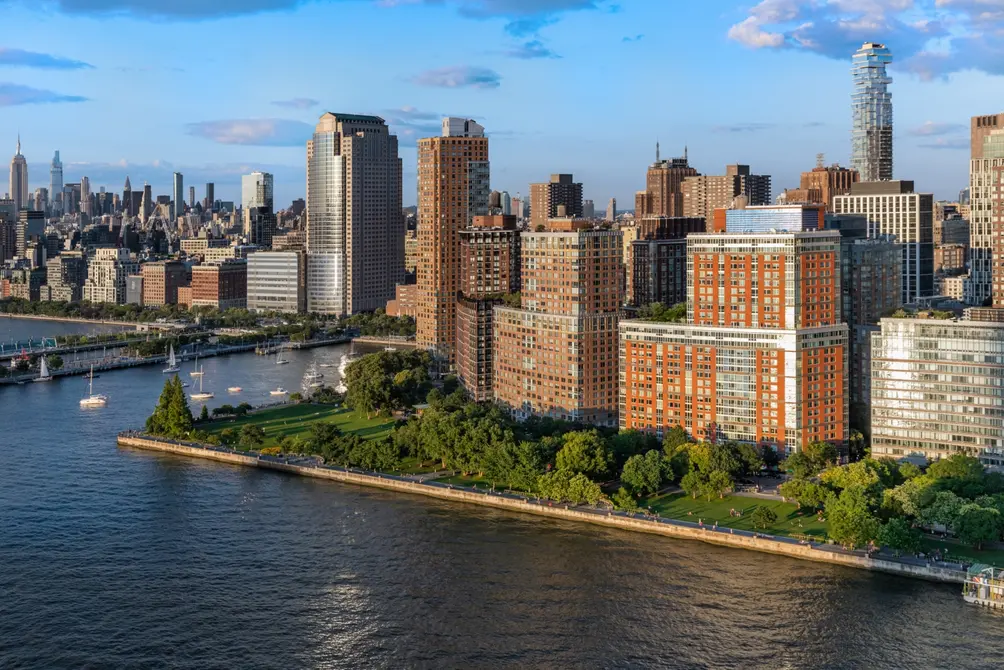 The Solaire (center right) is another condop building in Battery Park City (Evan Joseph)
The Solaire (center right) is another condop building in Battery Park City (Evan Joseph)
Condops for sale throughout NYC
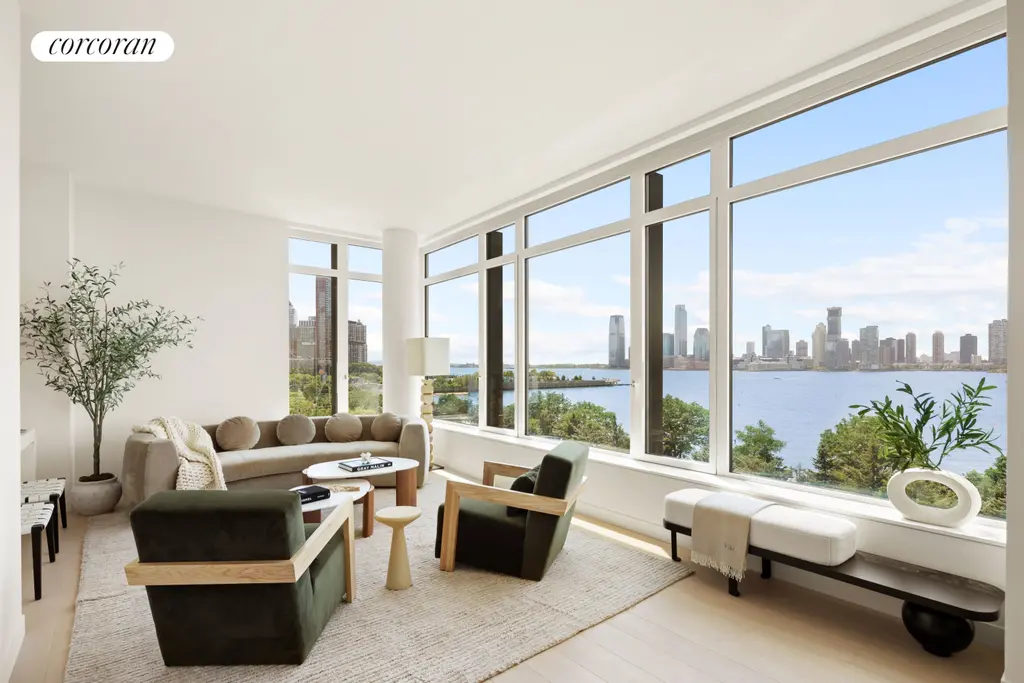
450 Washington Street, #605 (Corcoran Sunshine Marketing Group)
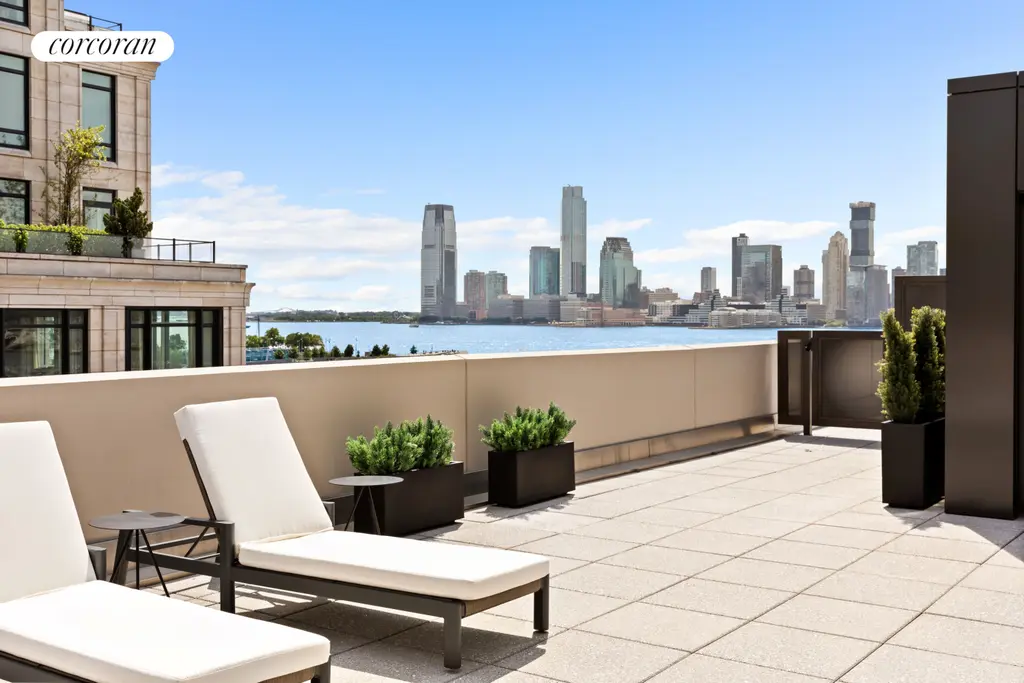
The Intercontinental, #8B
$5,800,000 (-9.4%)
Midtown West | Condop | 3 Bedrooms, 3.5 Baths | 2,391 ft2
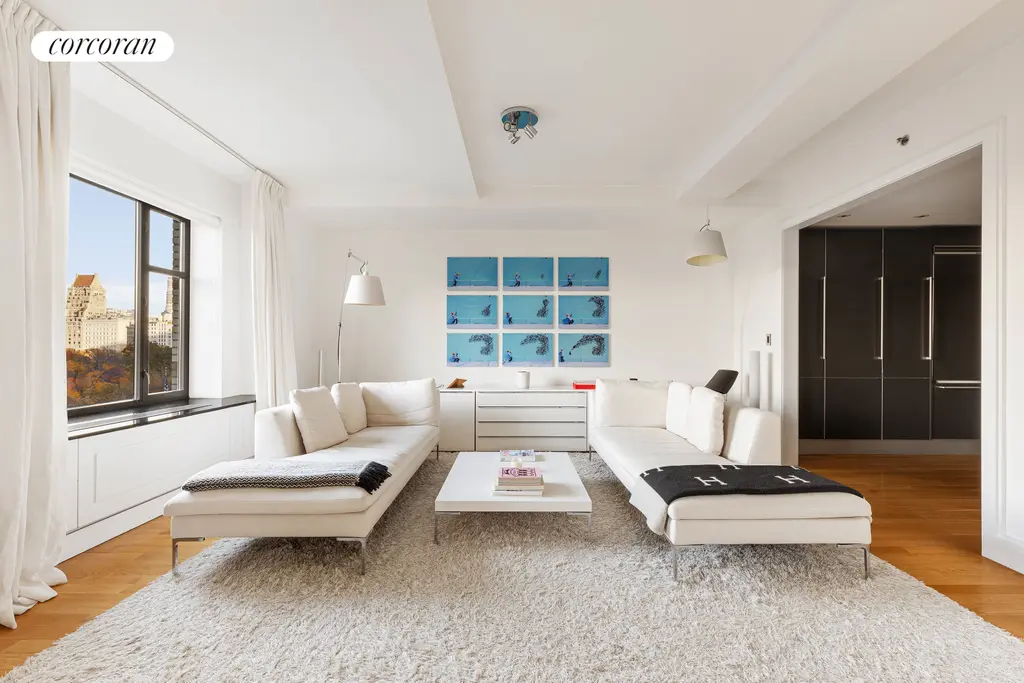
The Intercontinental, #8B (Corcoran Group)
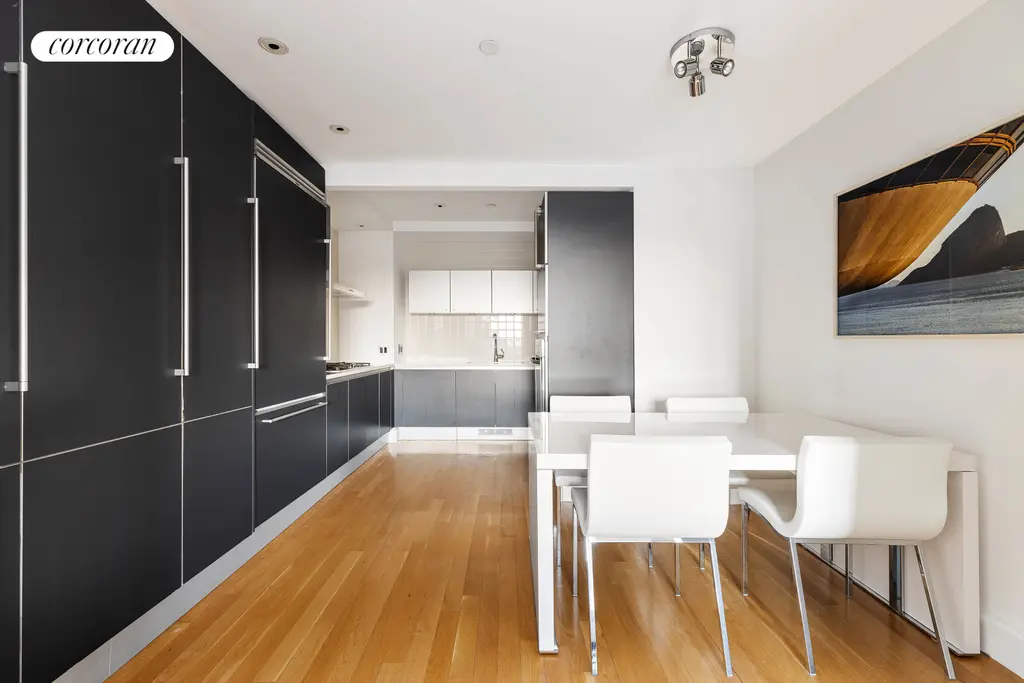
Would you like to tour any of these properties?
Just complete the info below.
Or call us at (212) 755-5544
20 East 68th Street, #6BC
$4,650,000 (-2.1%)
Park/Fifth Ave. to 79th St. | Condop | 4 Bedrooms, 3 Baths
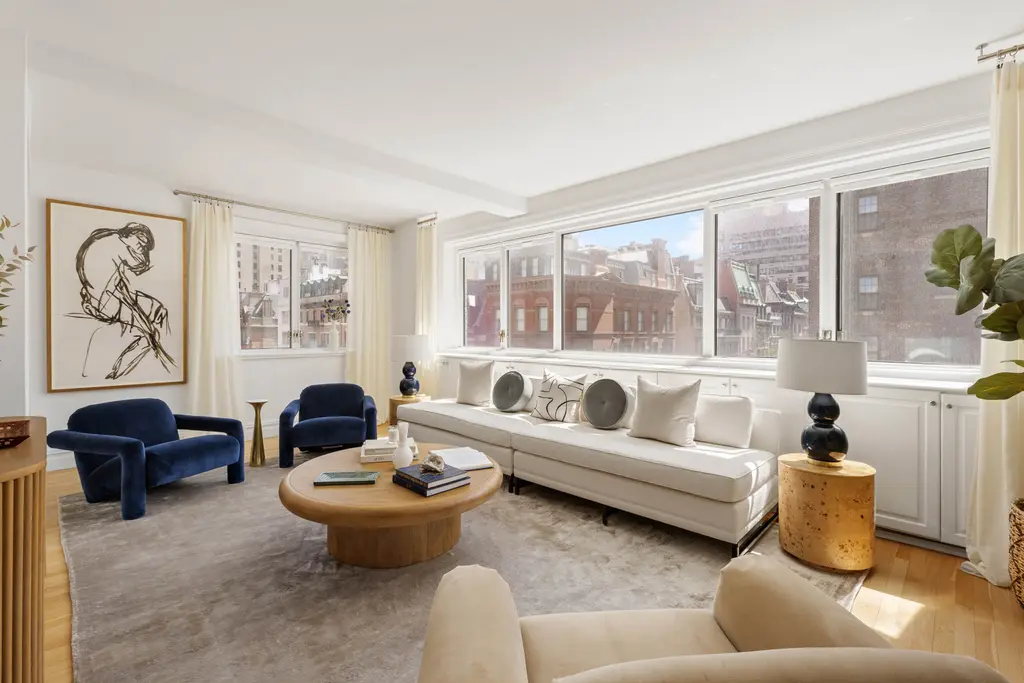
20 East 68th Street, #6BC (Serhant)
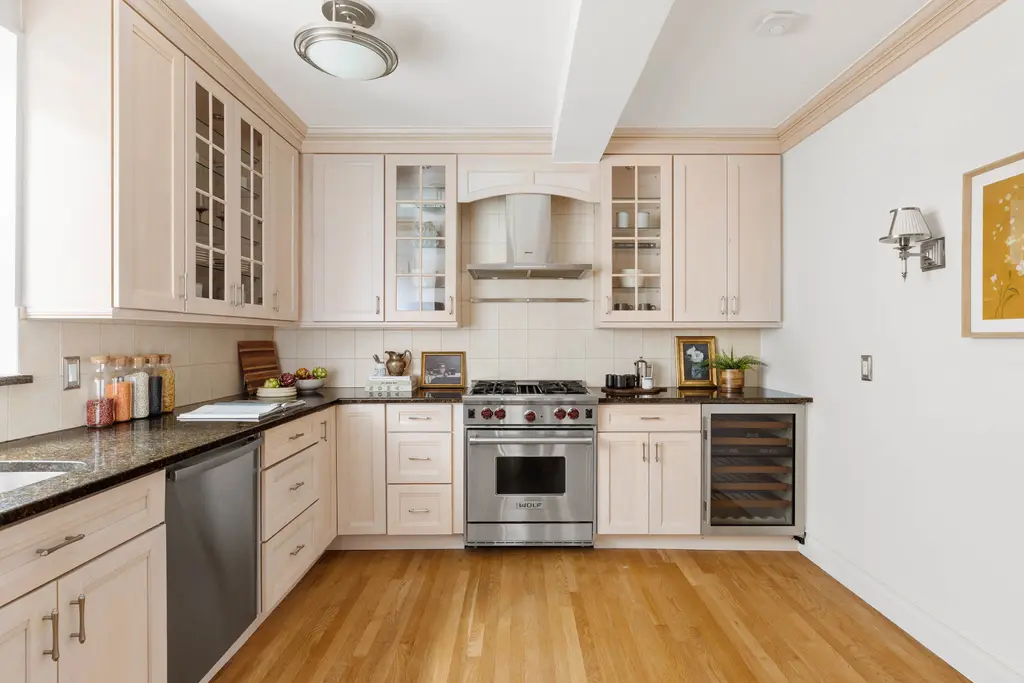
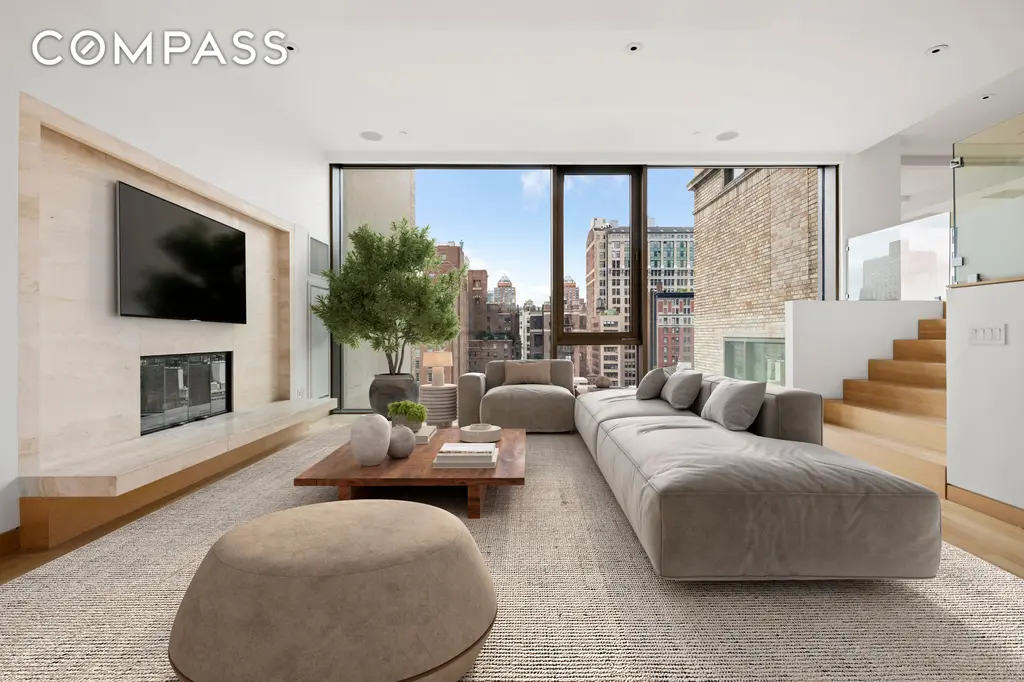
50 Gramercy Park North, #15AB (Compass)
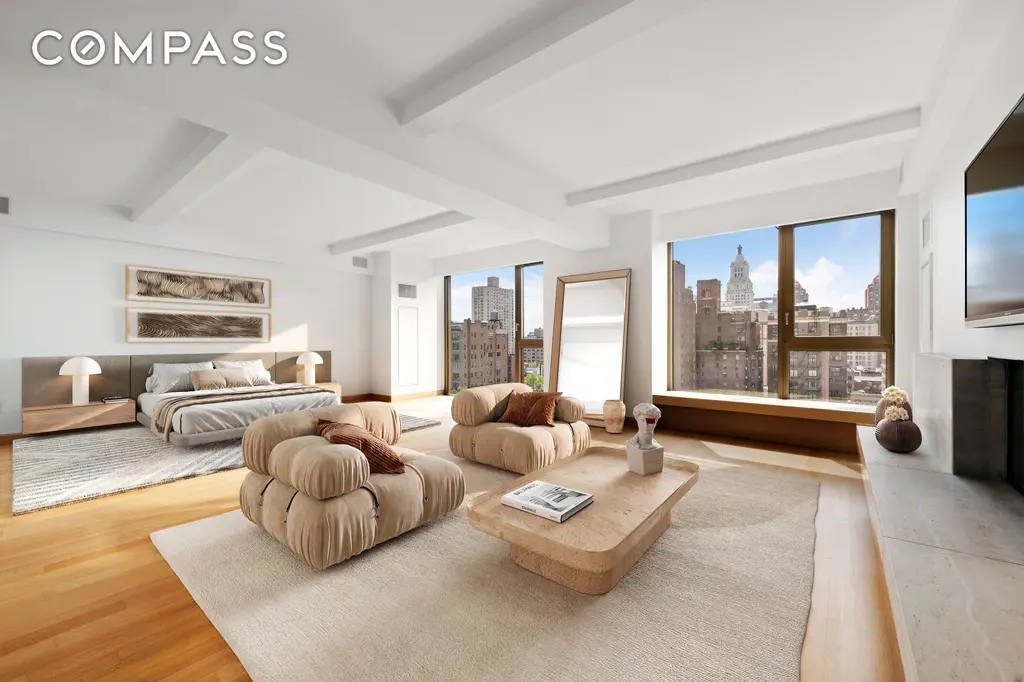
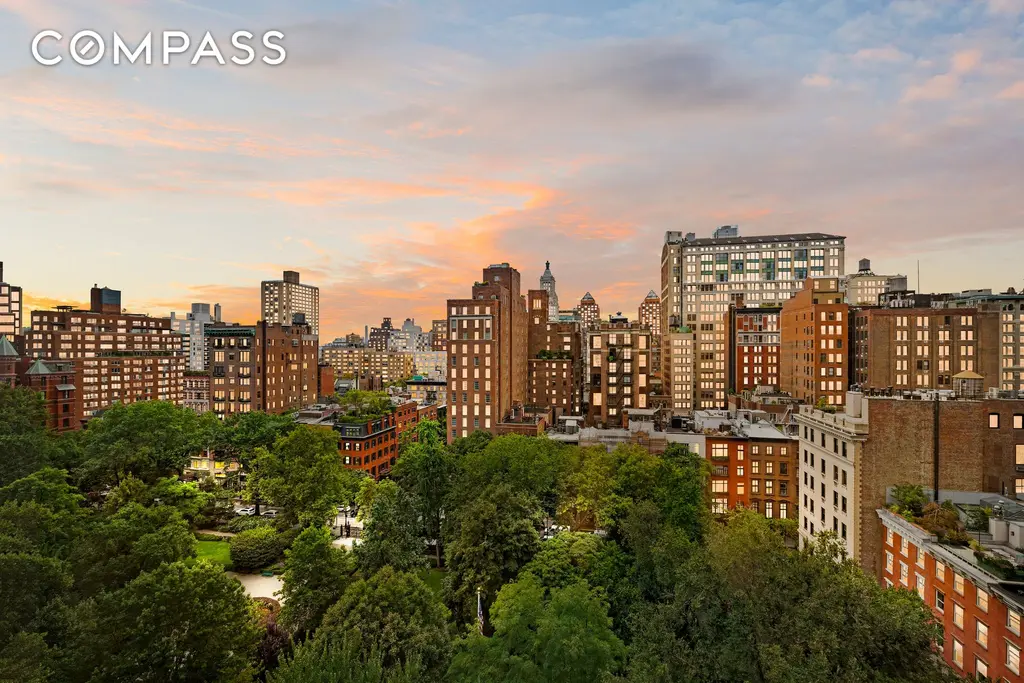
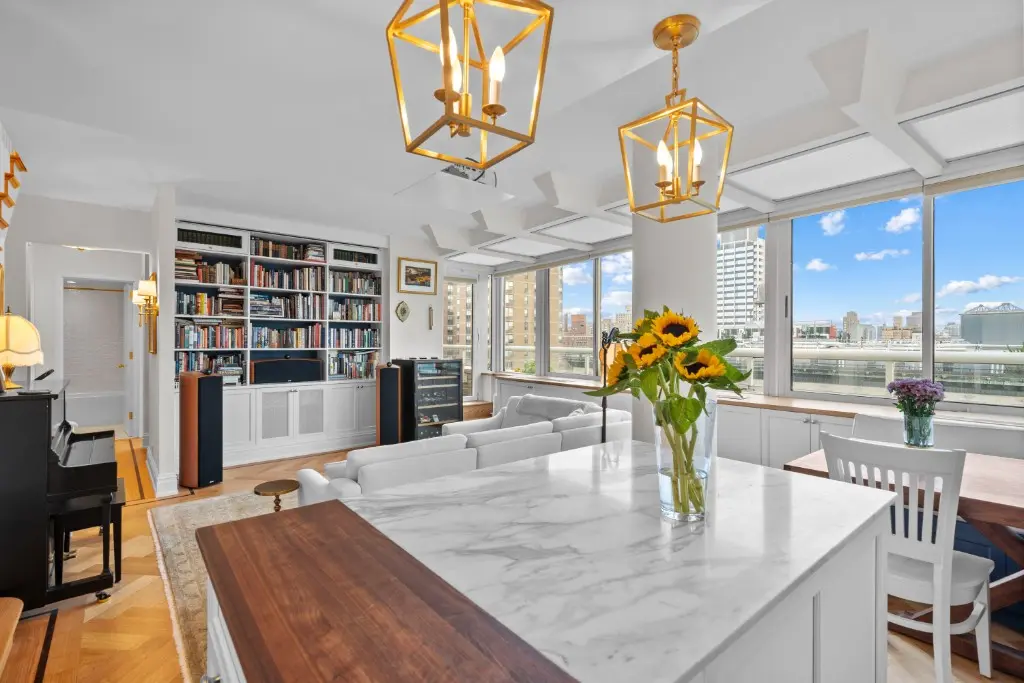
The Boulevard, #1903 (Hauseit LLC)
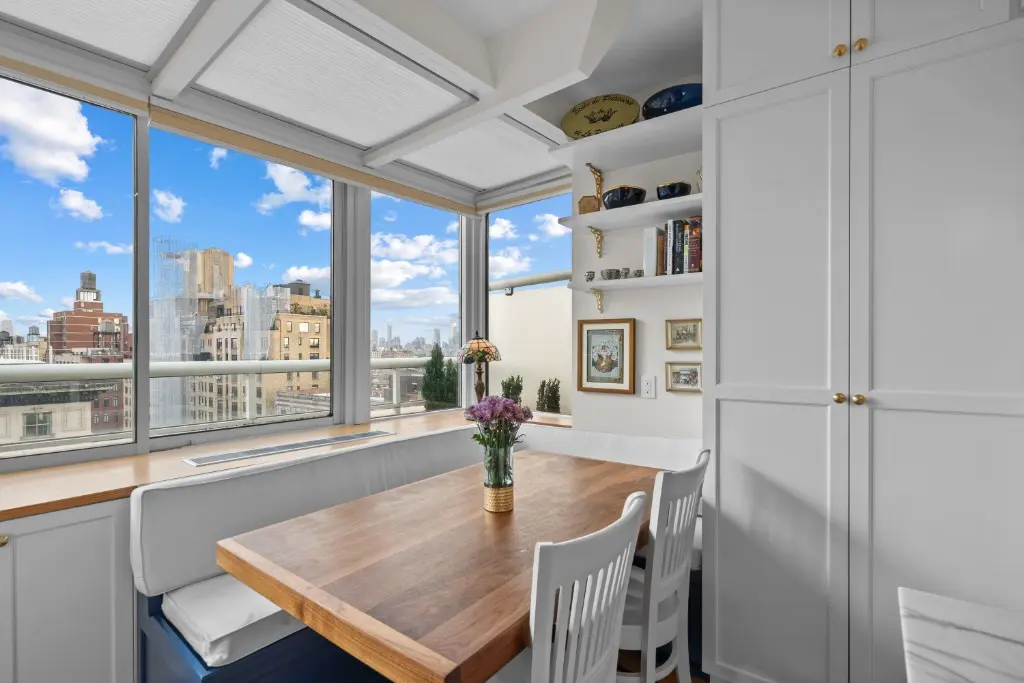
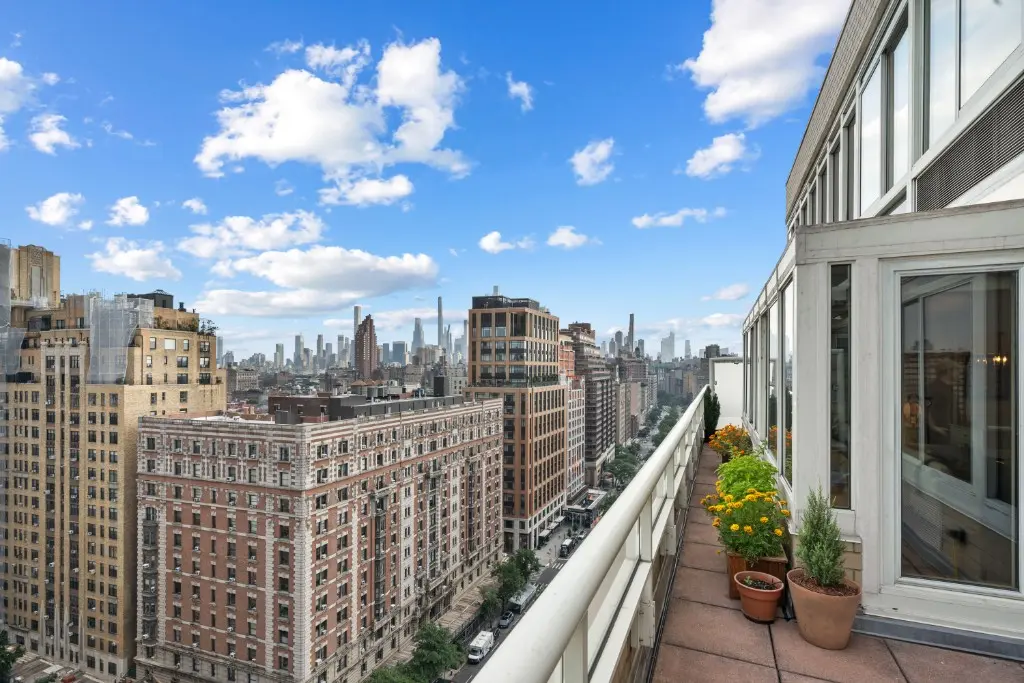
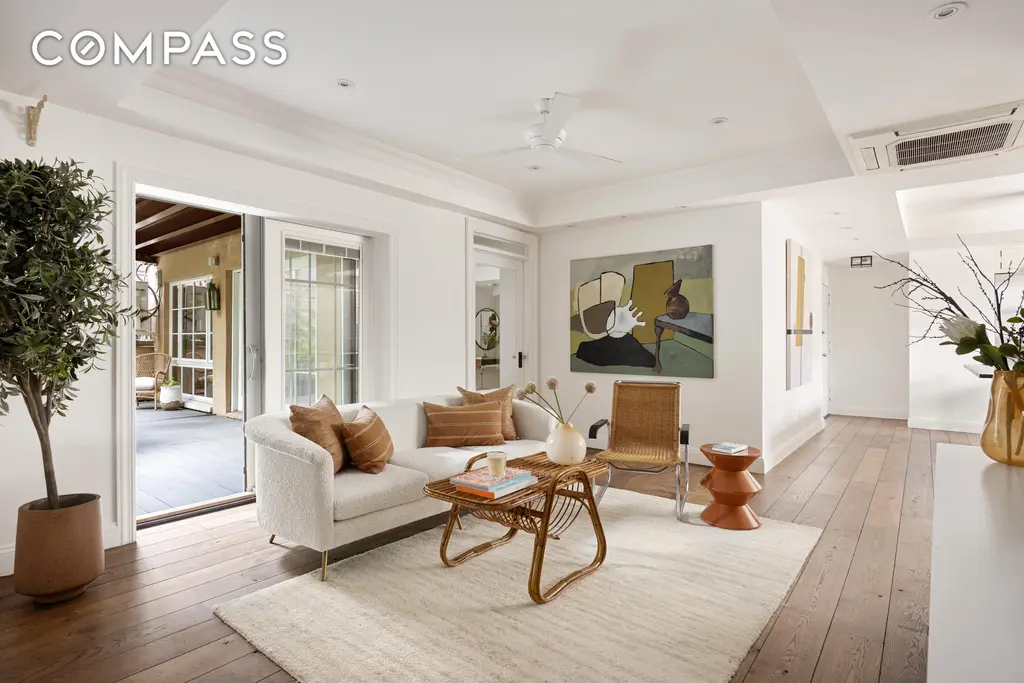
Hearth House, #2AB (Compass)
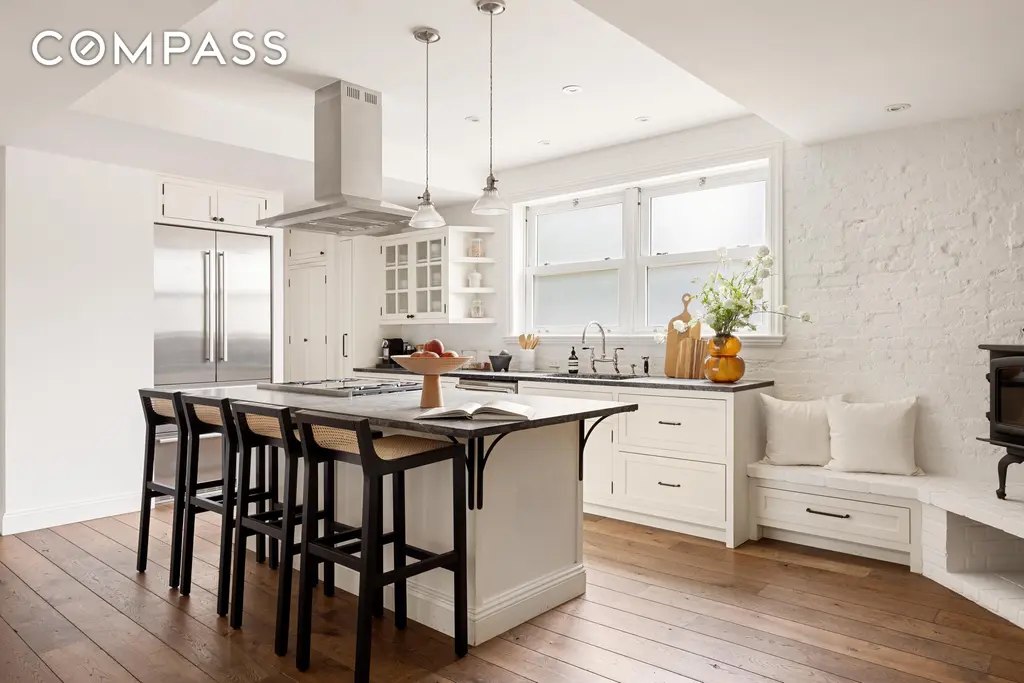
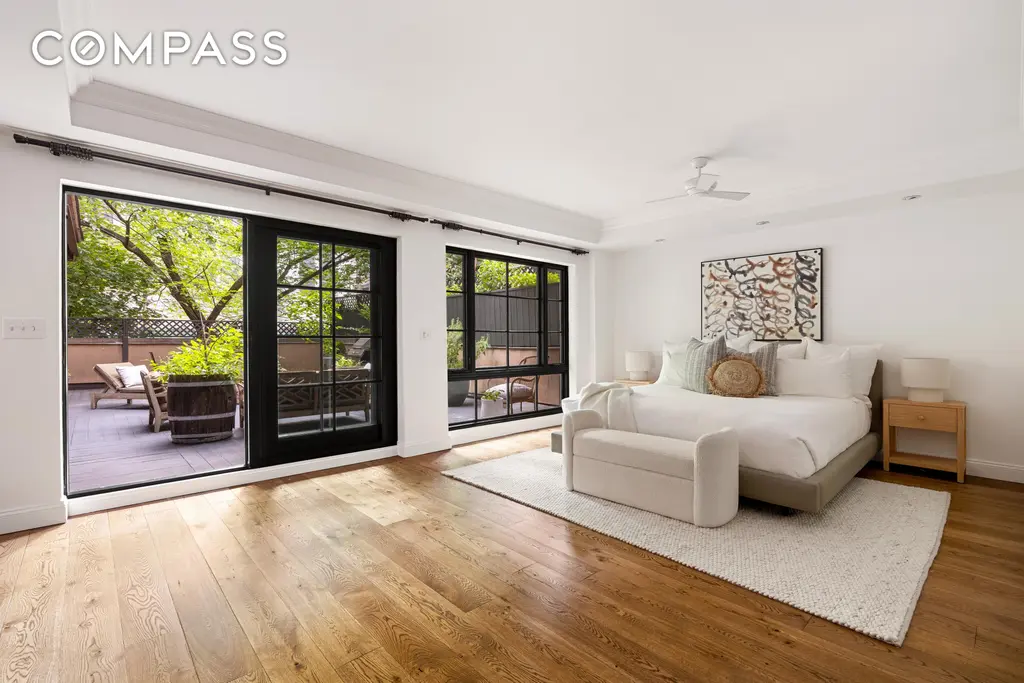
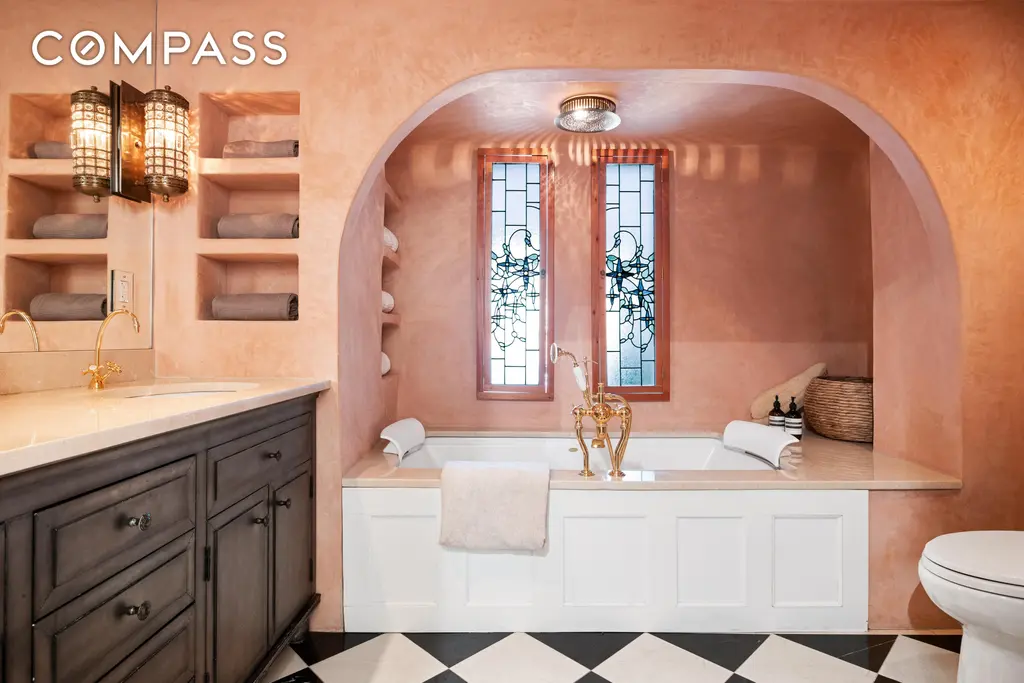
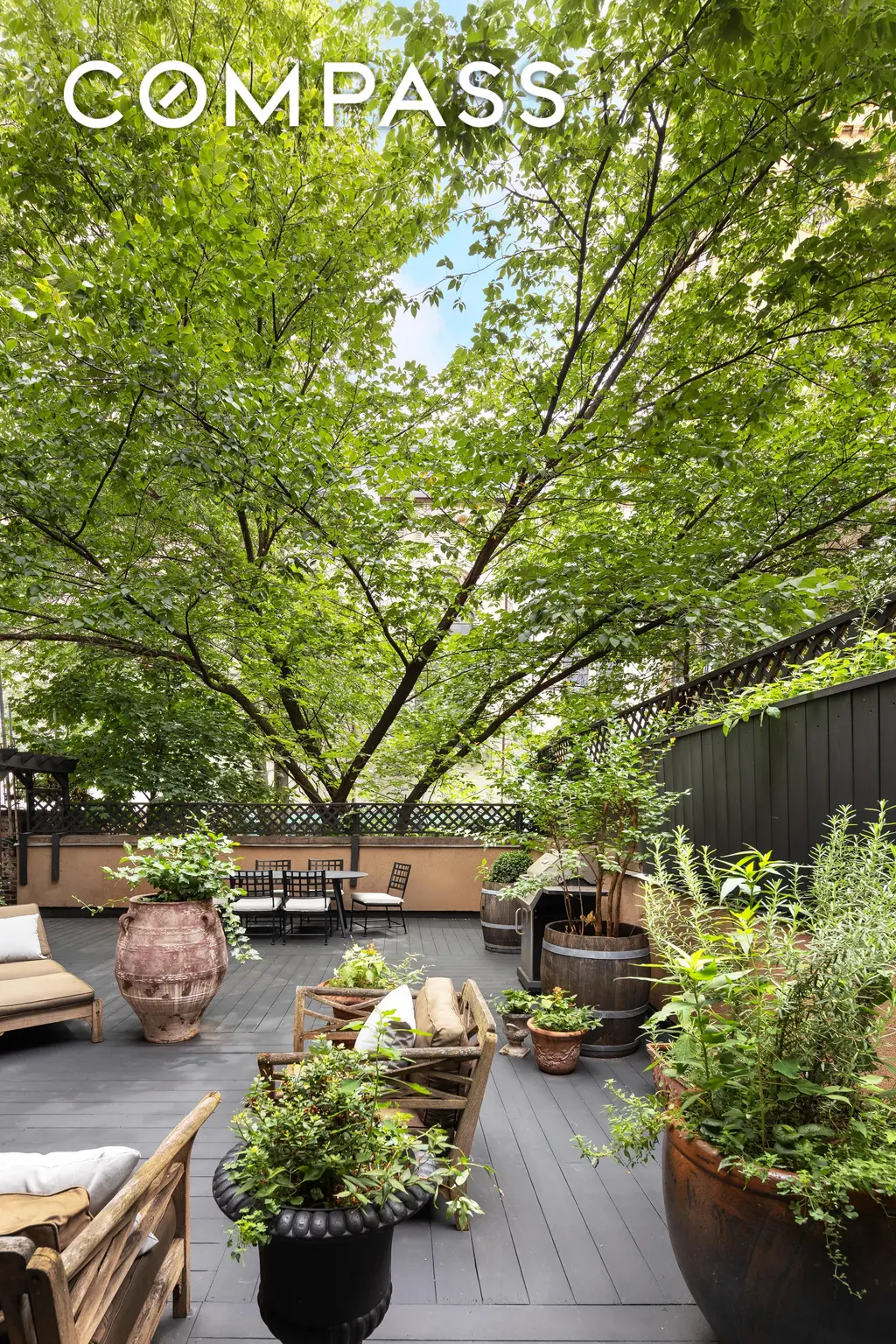
Turtle Bay Towers, #PHH
$2,850,000
Turtle Bay/United Nations | Condop | 6+ Bedrooms, 4.5 Baths | 4,511 ft2
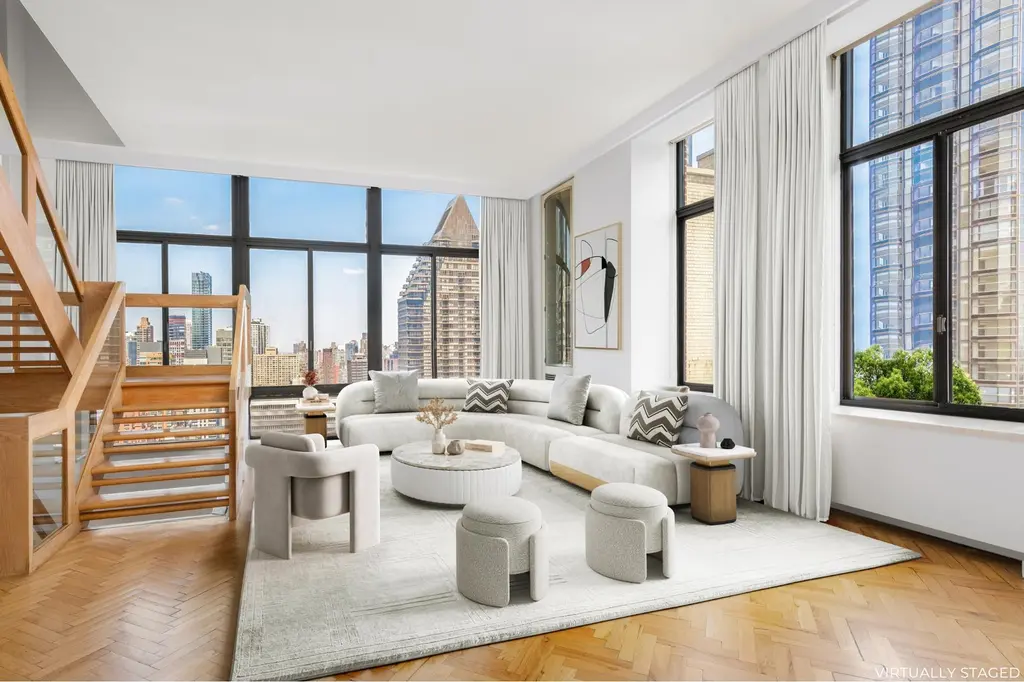
Turtle Bay Towers, #PHH (Douglas Elliman Real Estate)
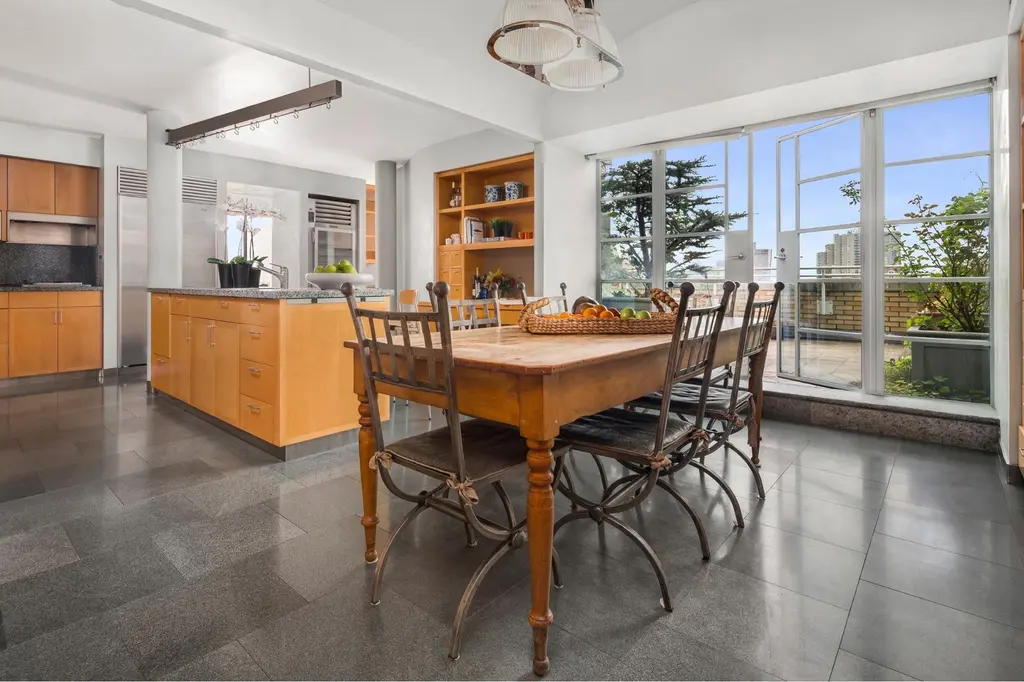
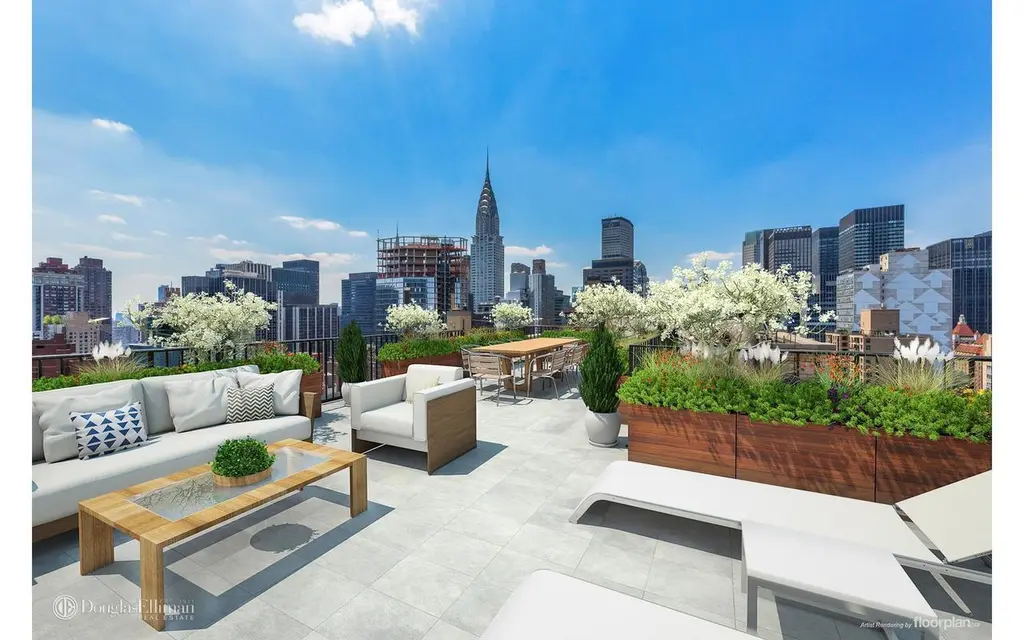
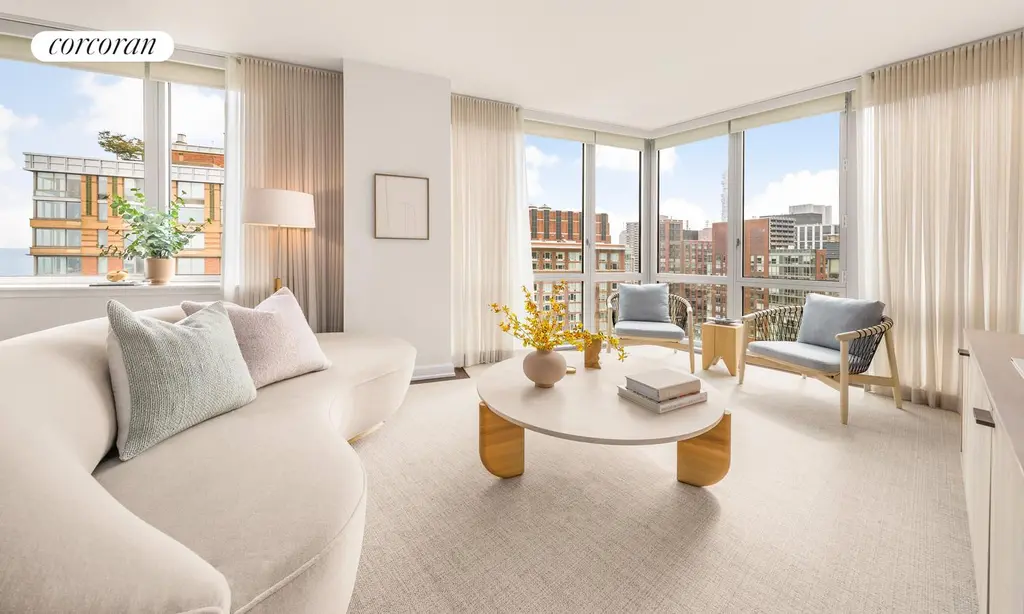
The Solaire, #28A (Corcoran Sunshine Marketing Group)
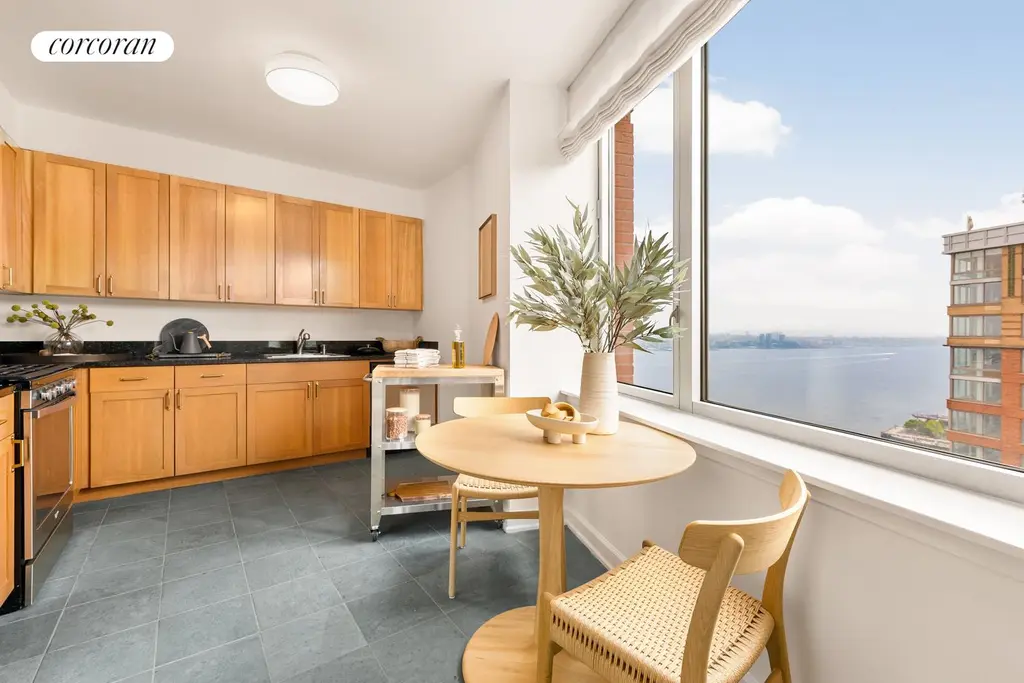
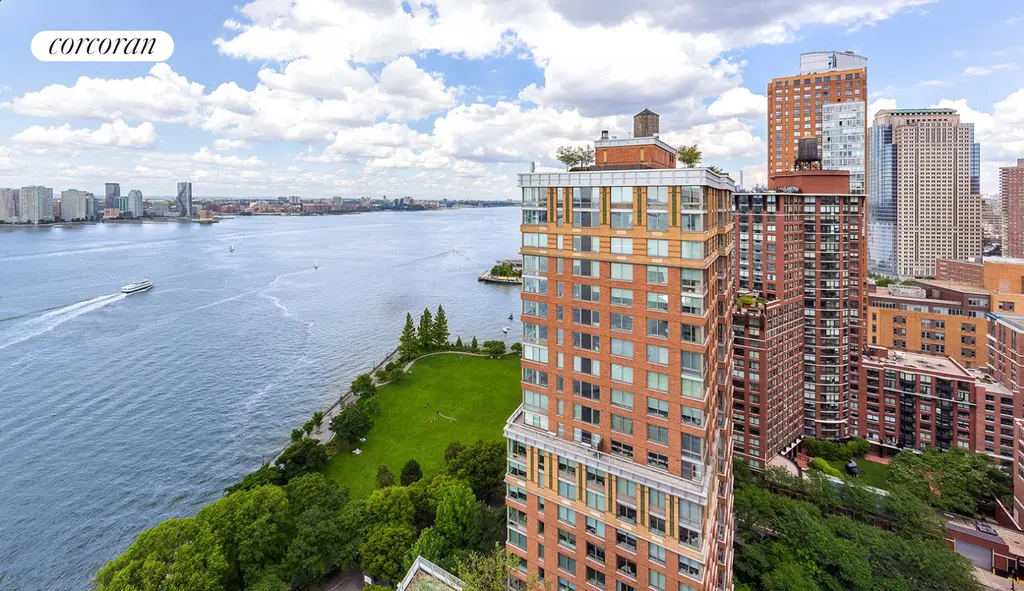
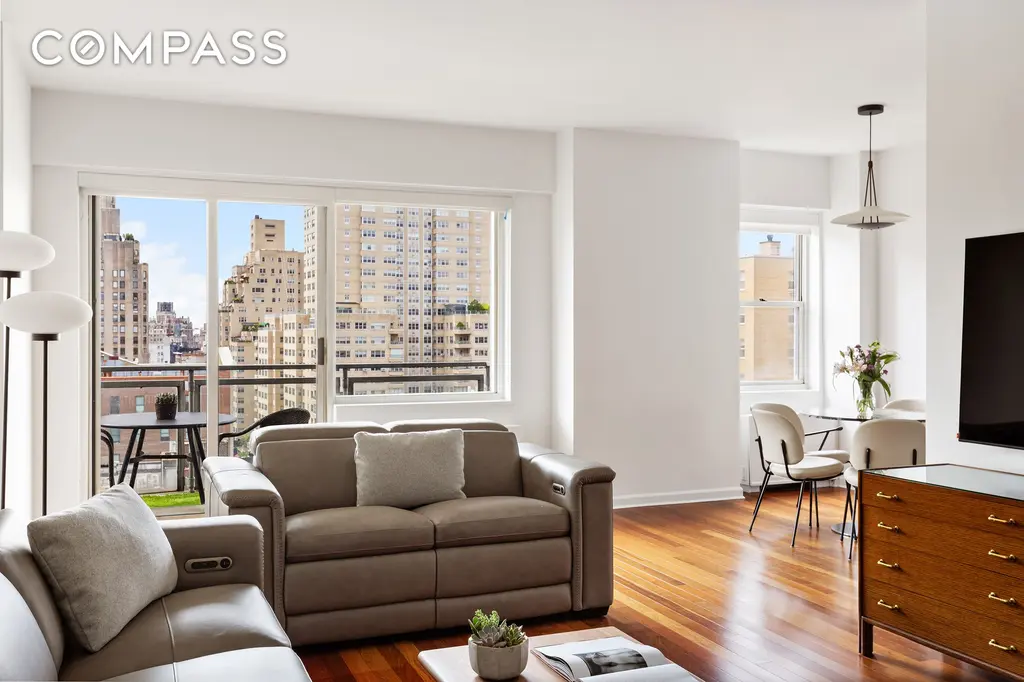
Georgetown Plaza, #10E (Compass)
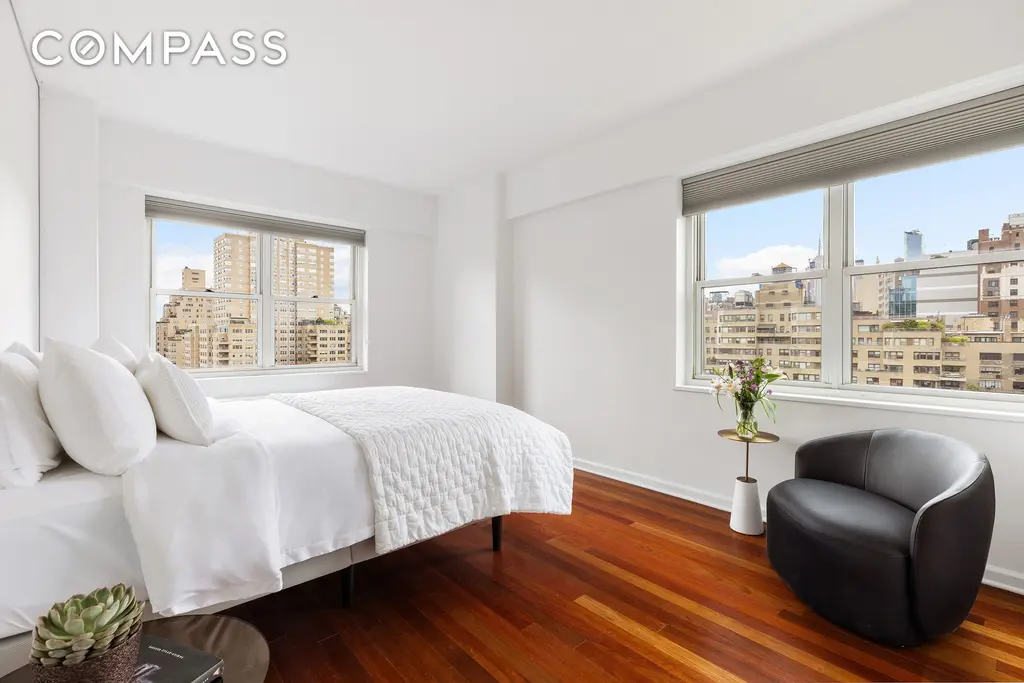
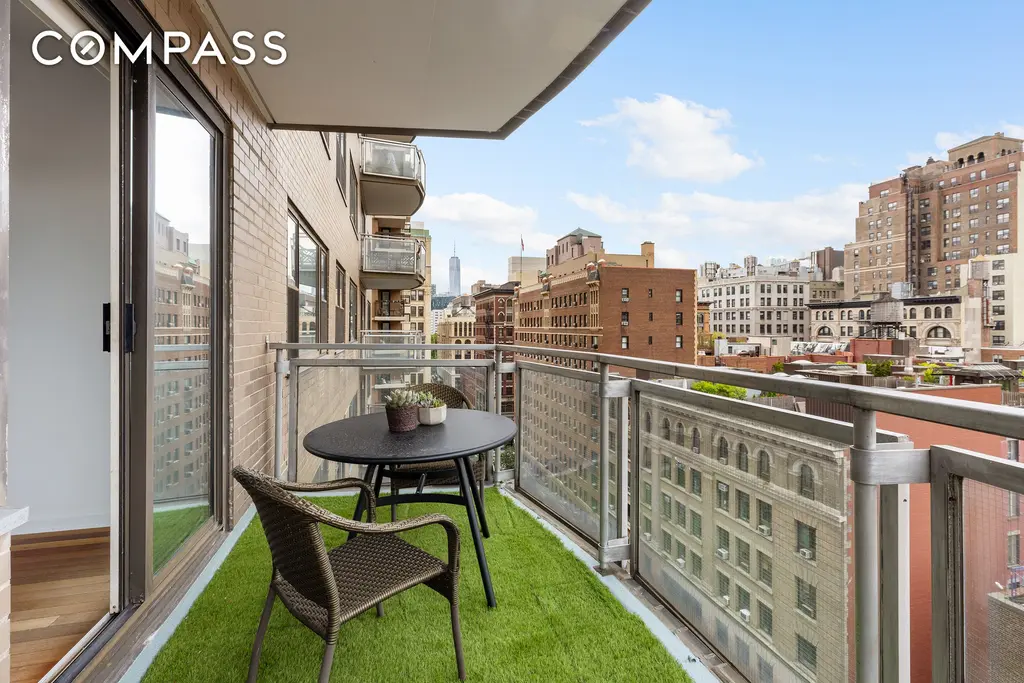
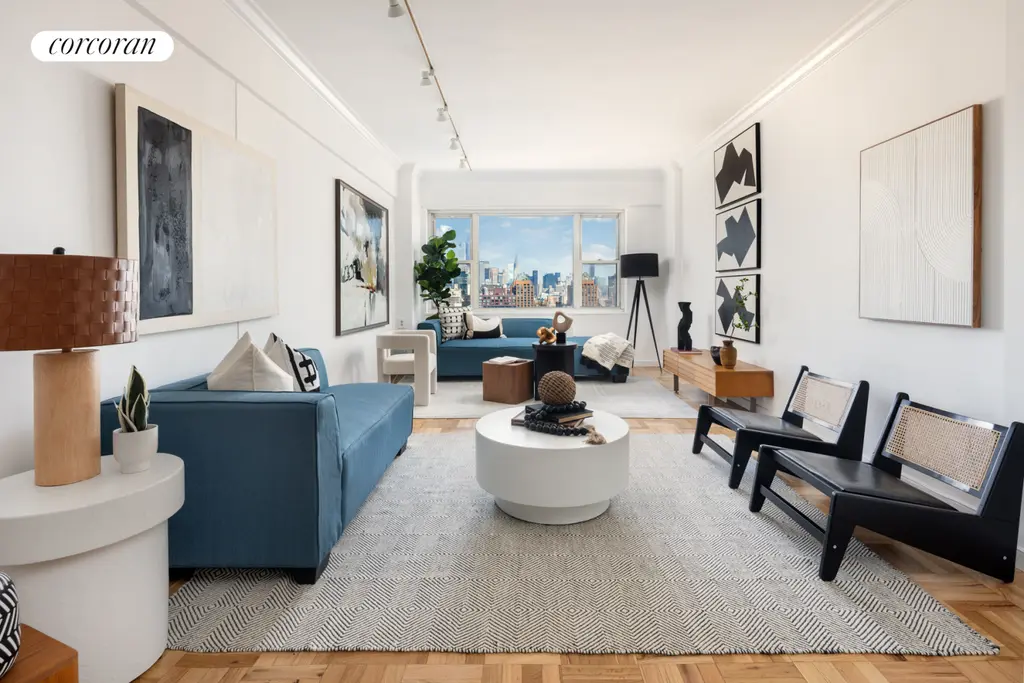
Georgetown Plaza, #28F (Corcoran Group)
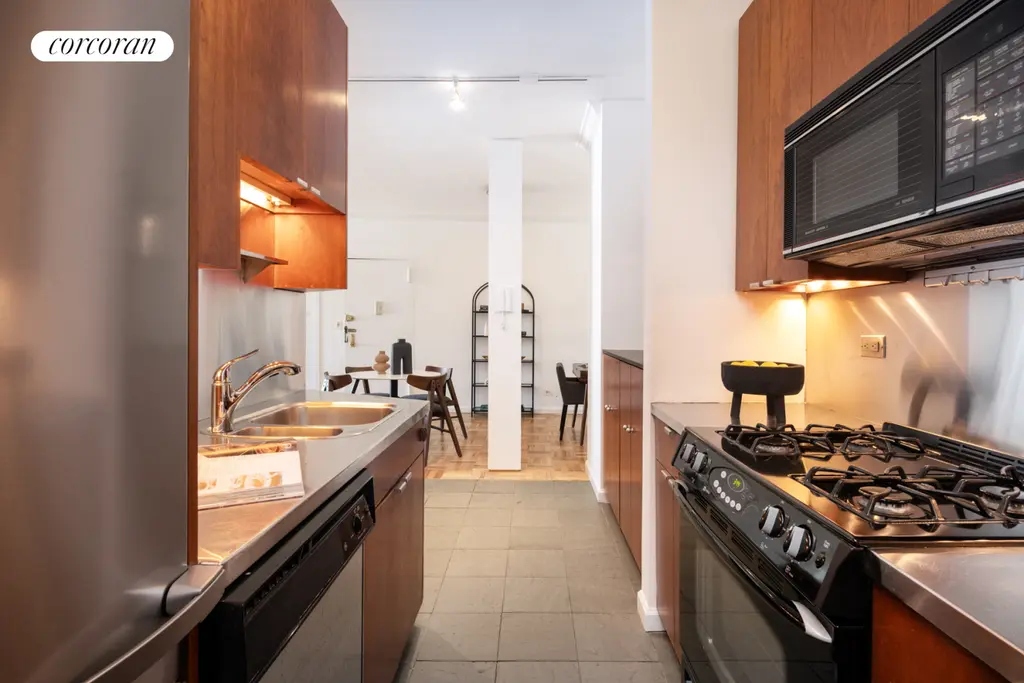

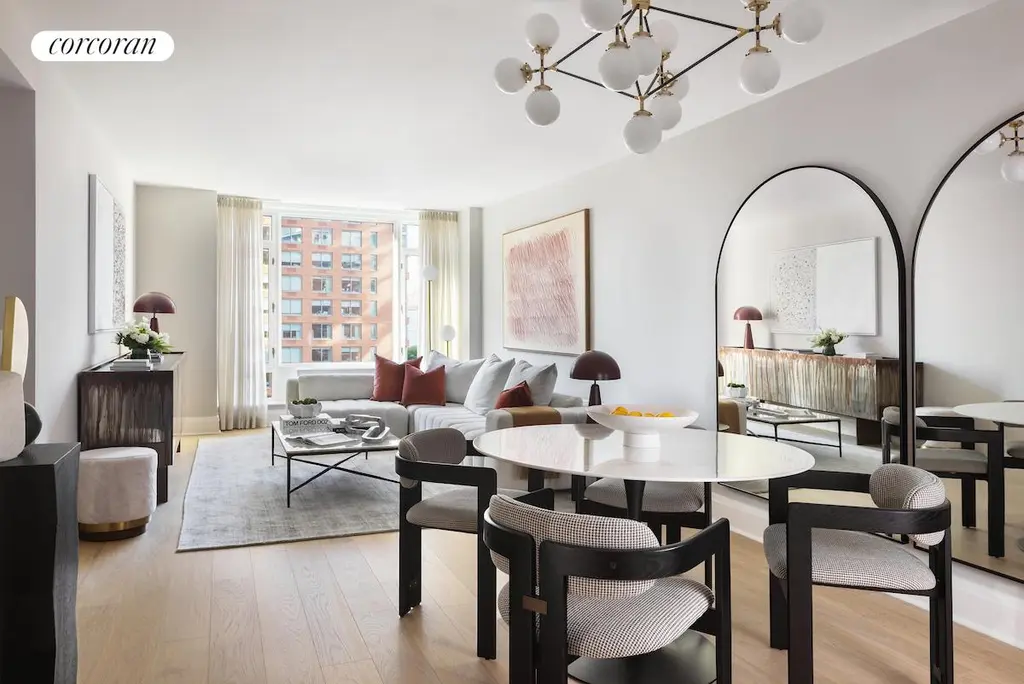
Tribeca Green, #14A (Corcoran Sunshine Marketing Group)
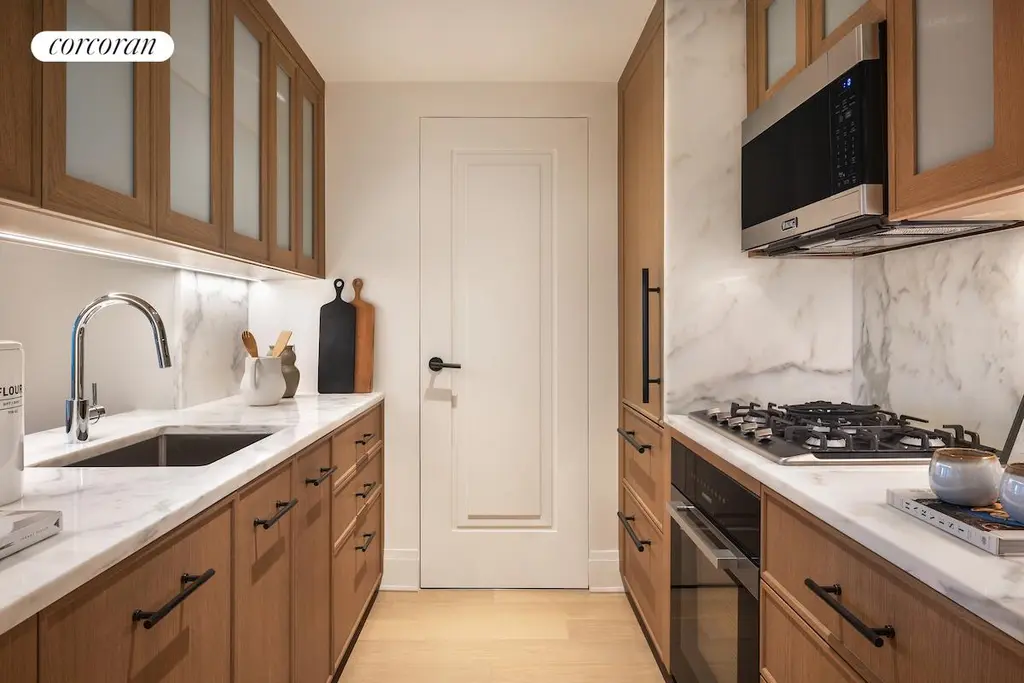
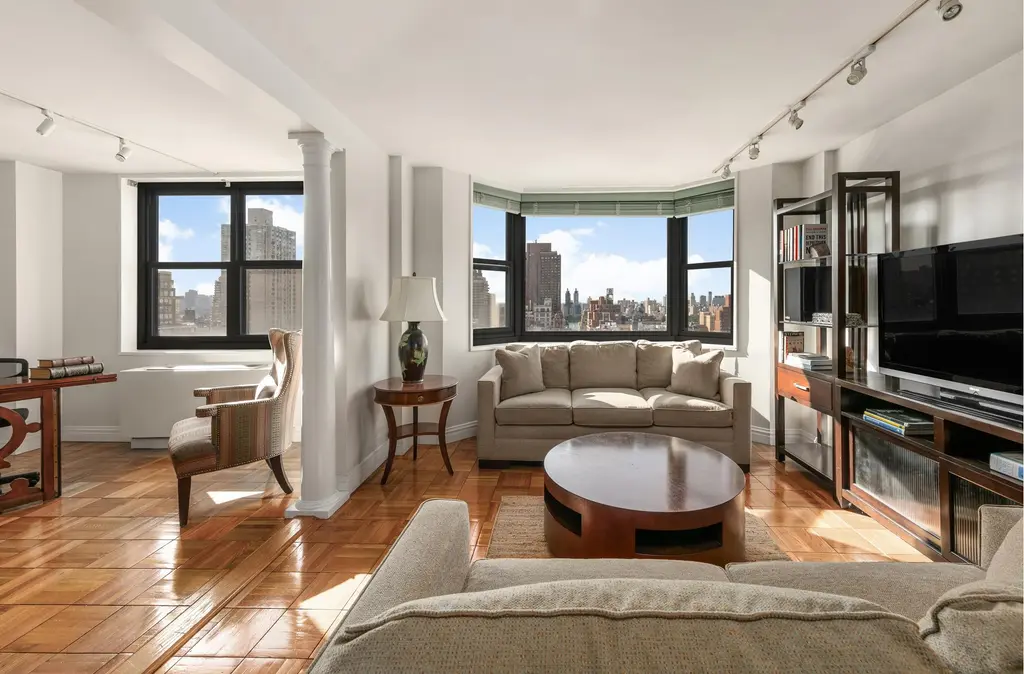
The Whitney, #28AB (Douglas Elliman Real Estate)
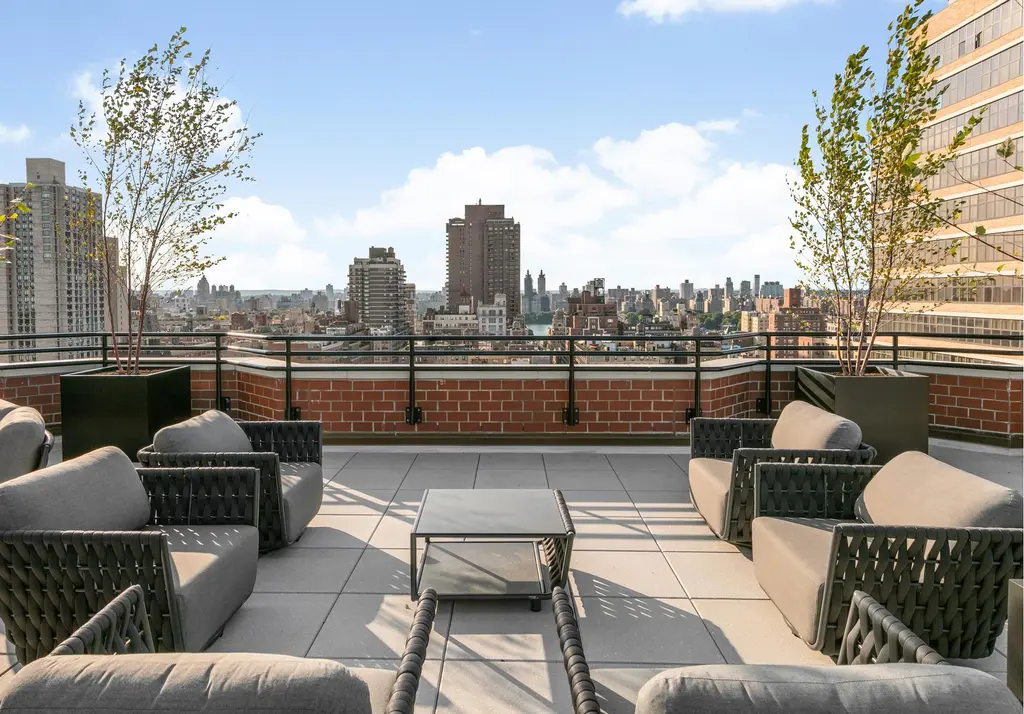
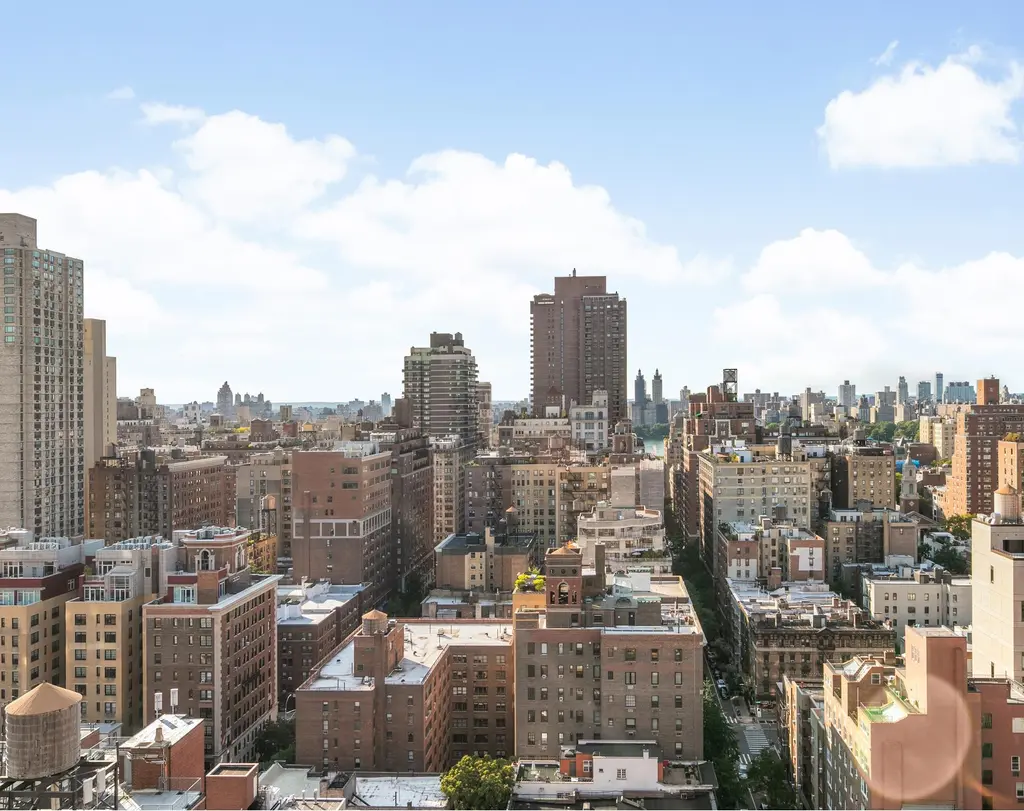
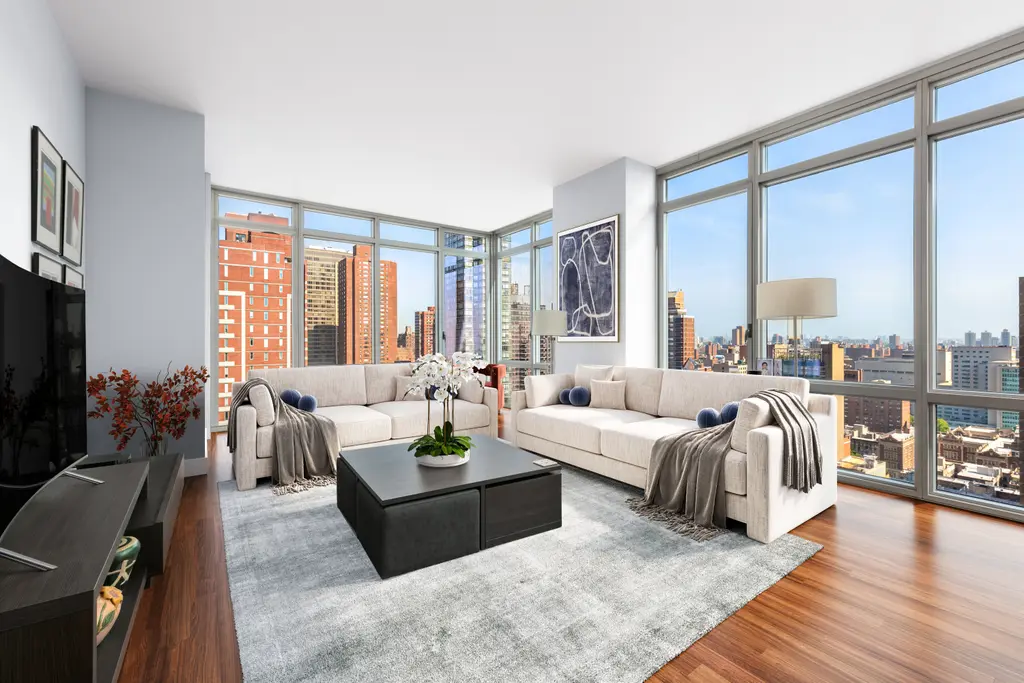
Azure, #24A (Serhant)
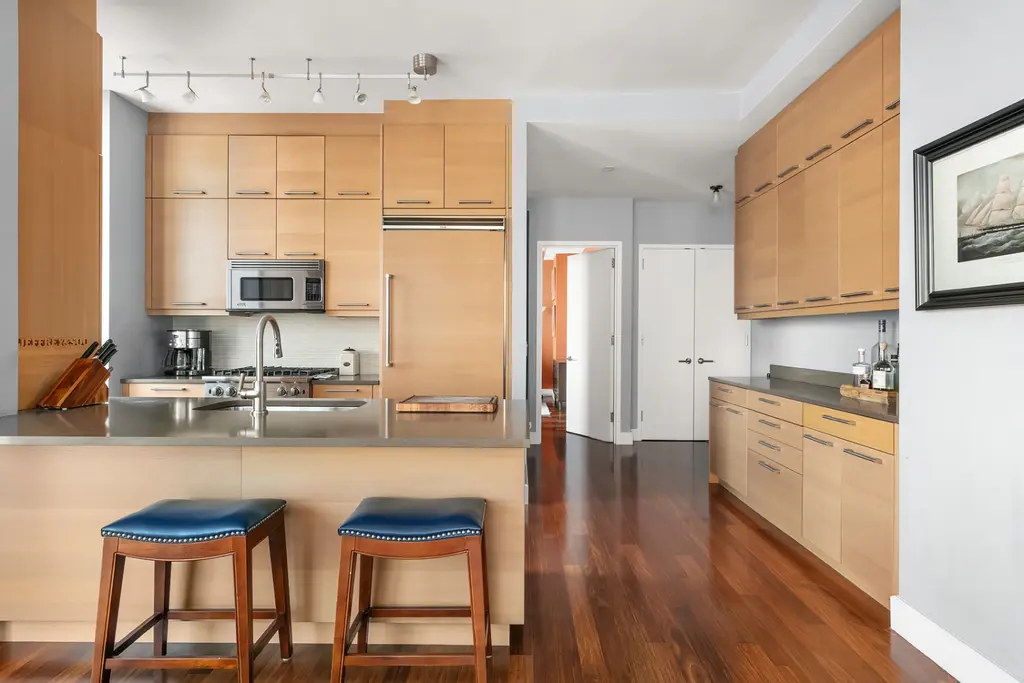
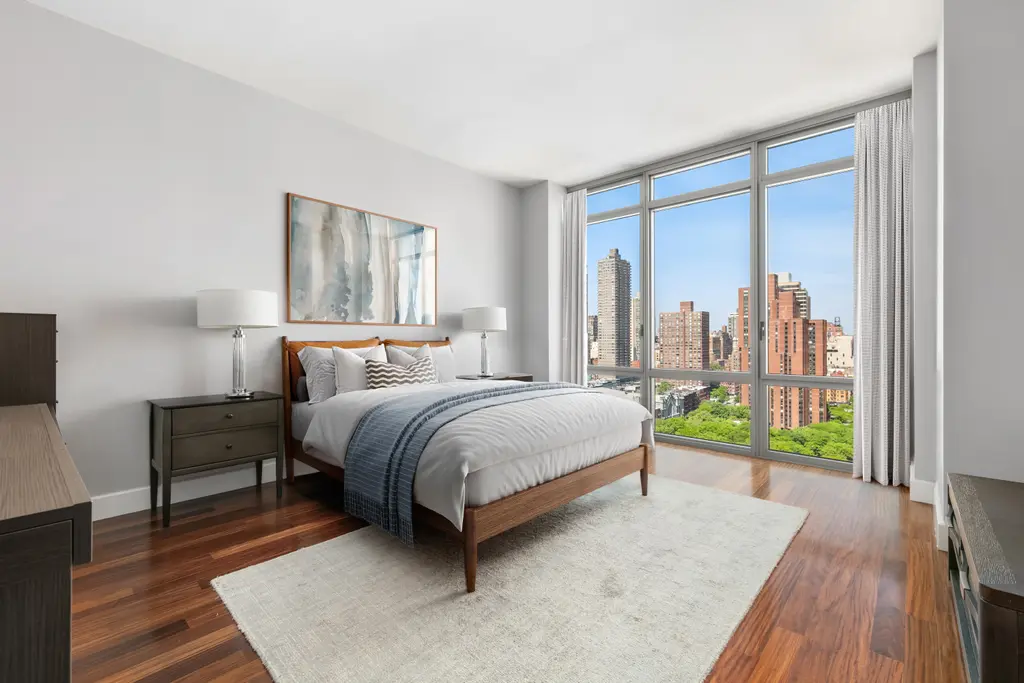
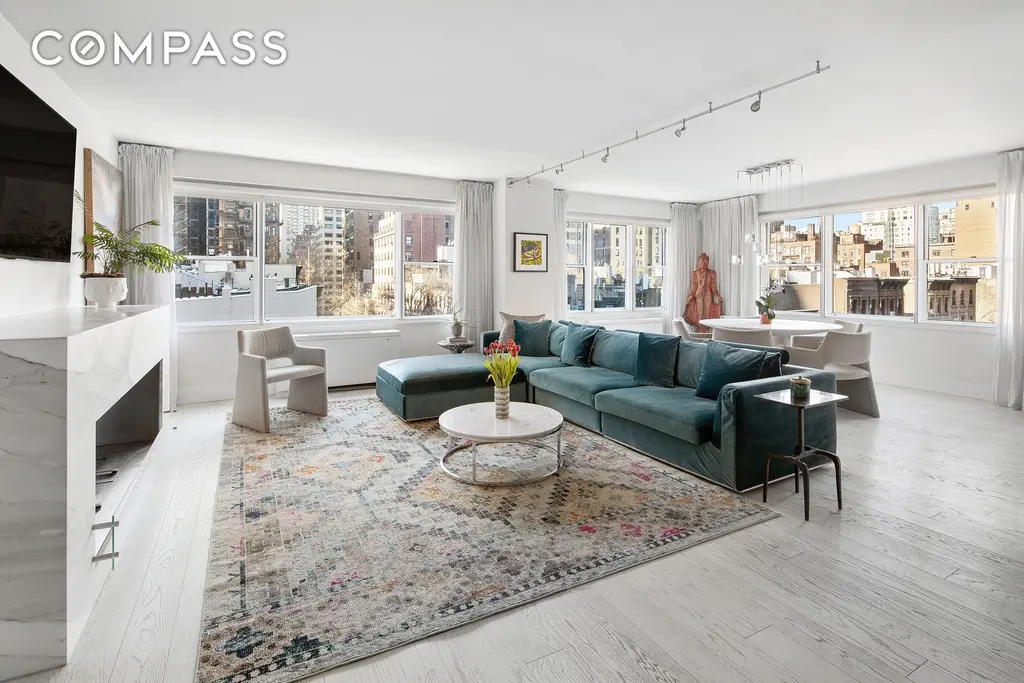
150 East 61st Street, #7E (Compass)
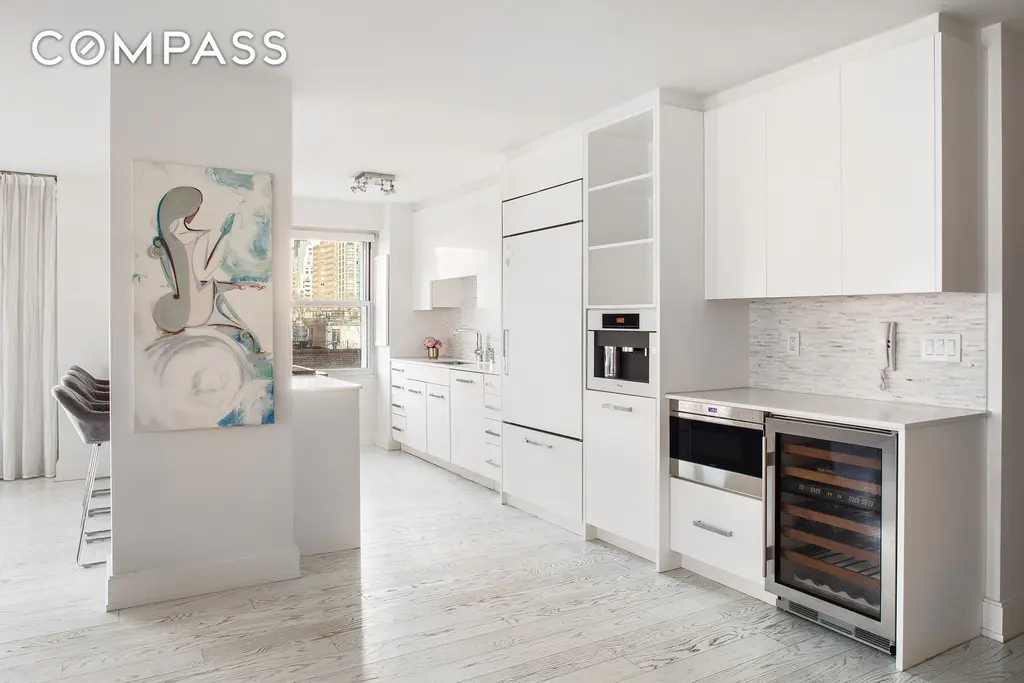
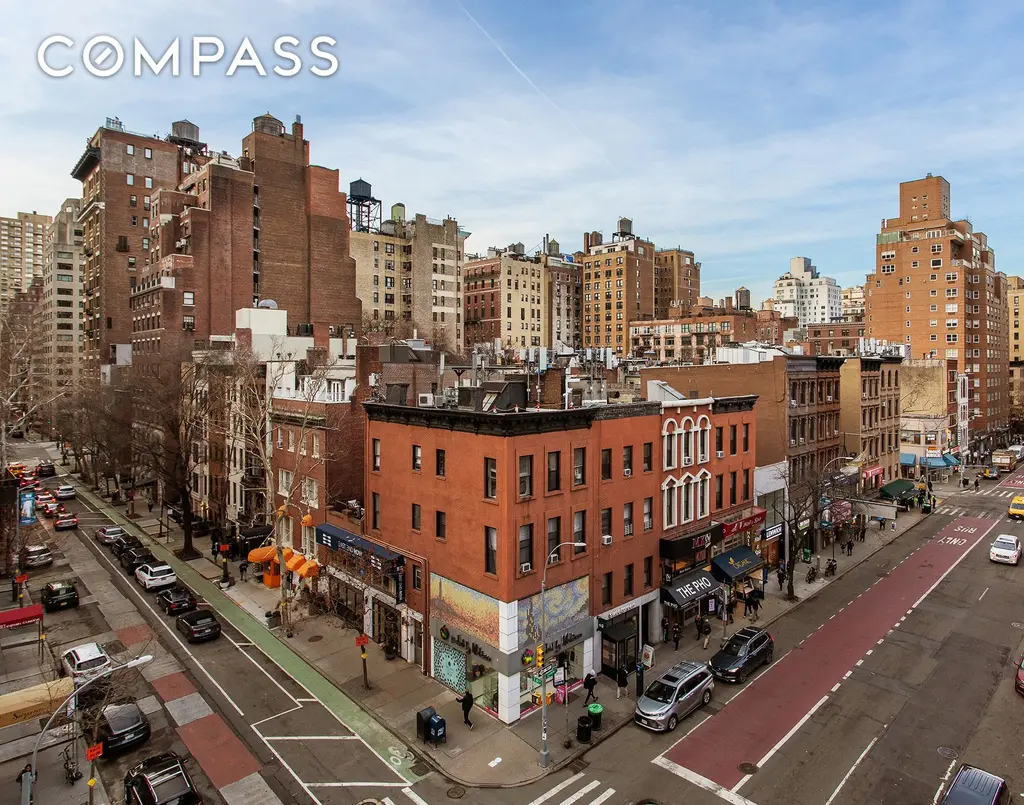
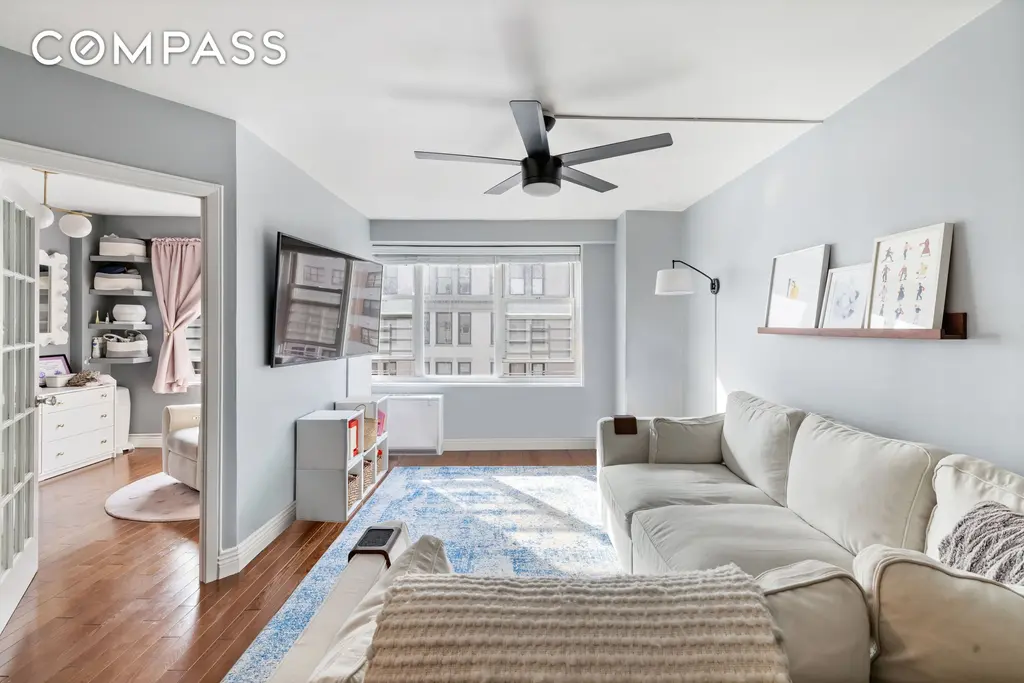
Wedgwood House, #12E (Compass)
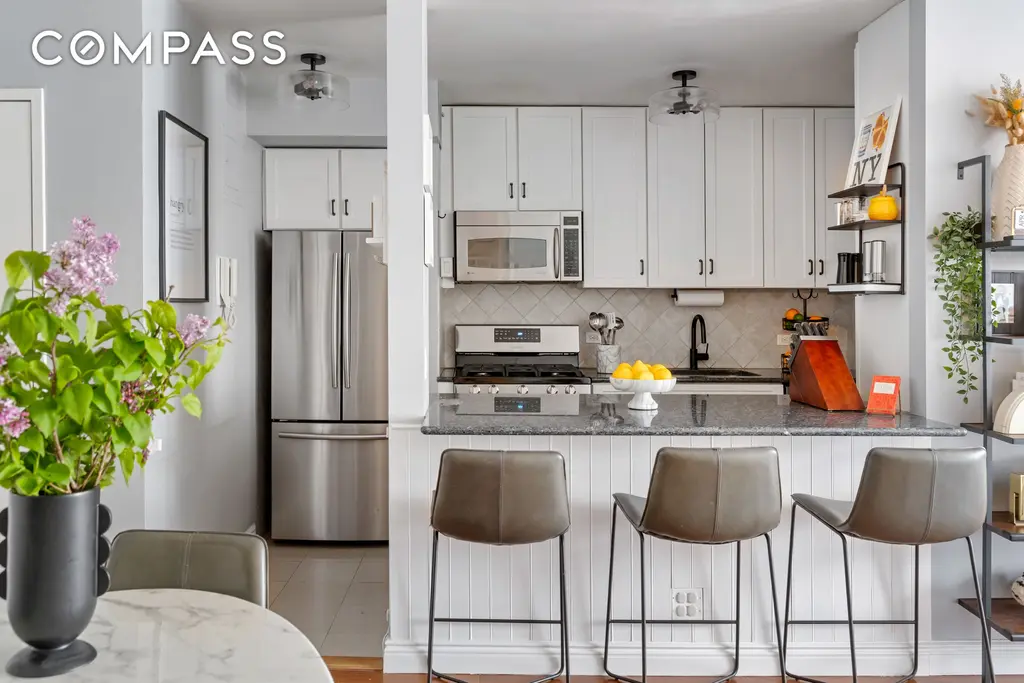
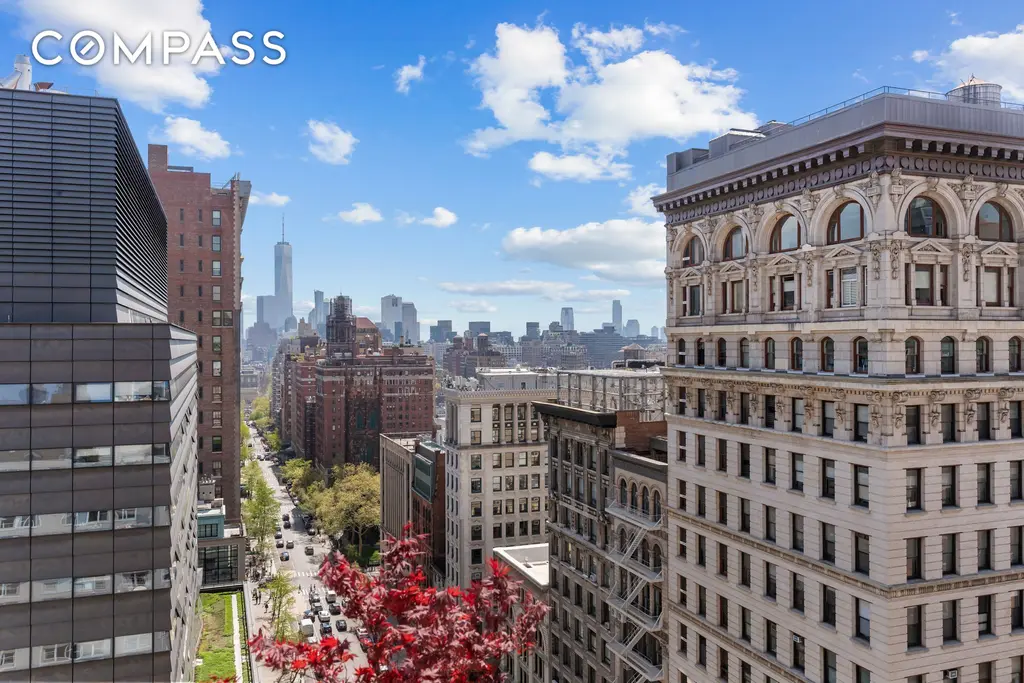
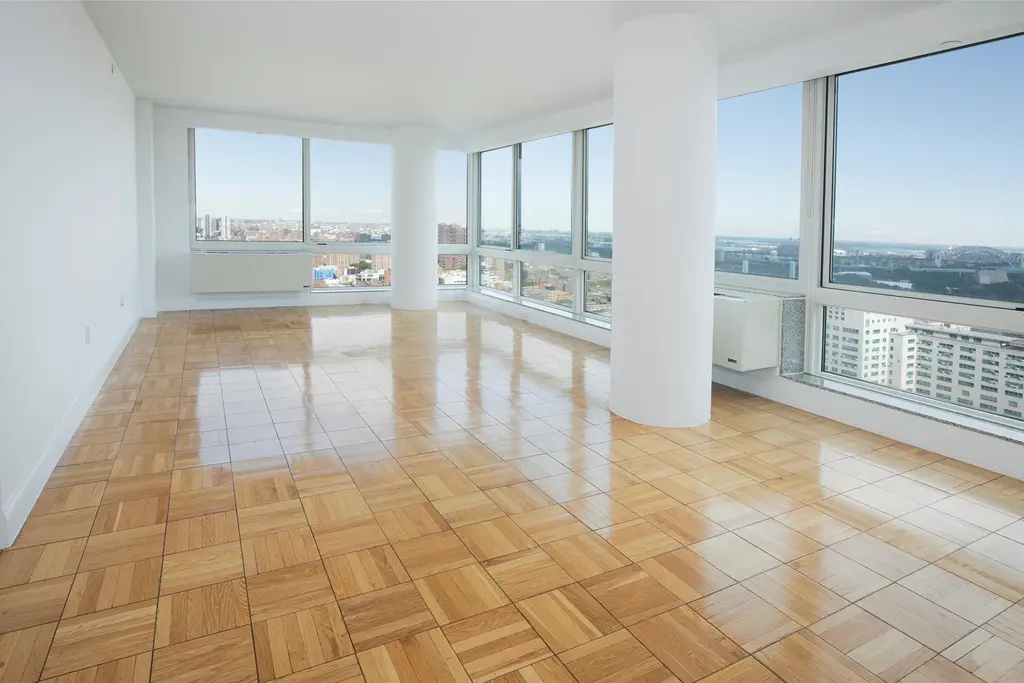
One Carnegie Hill, #32B (Douglas Elliman Real Estate)

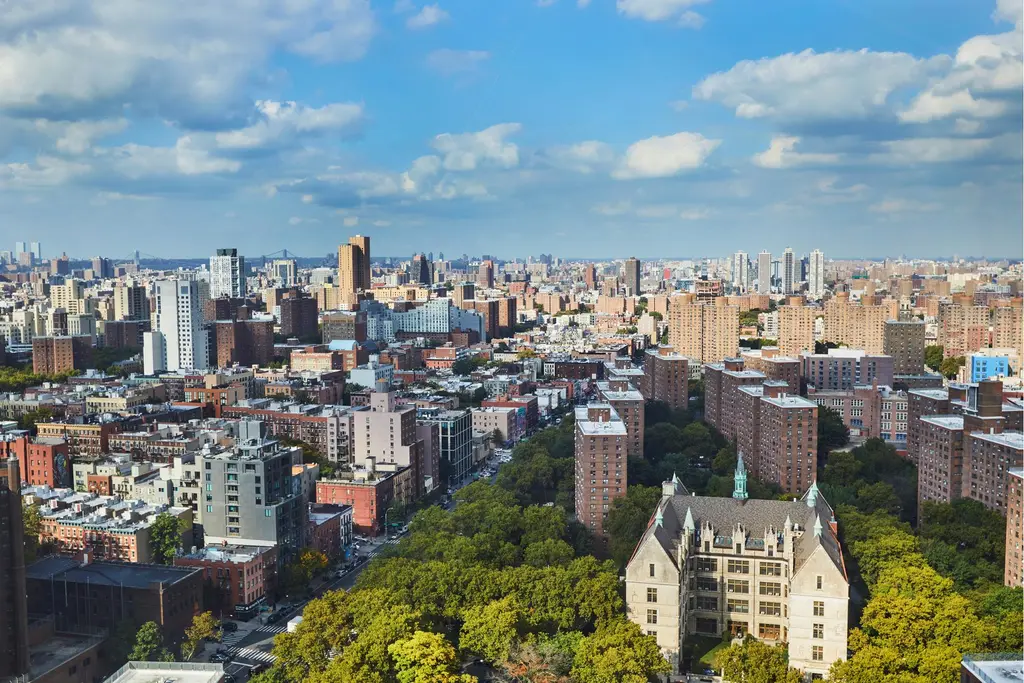
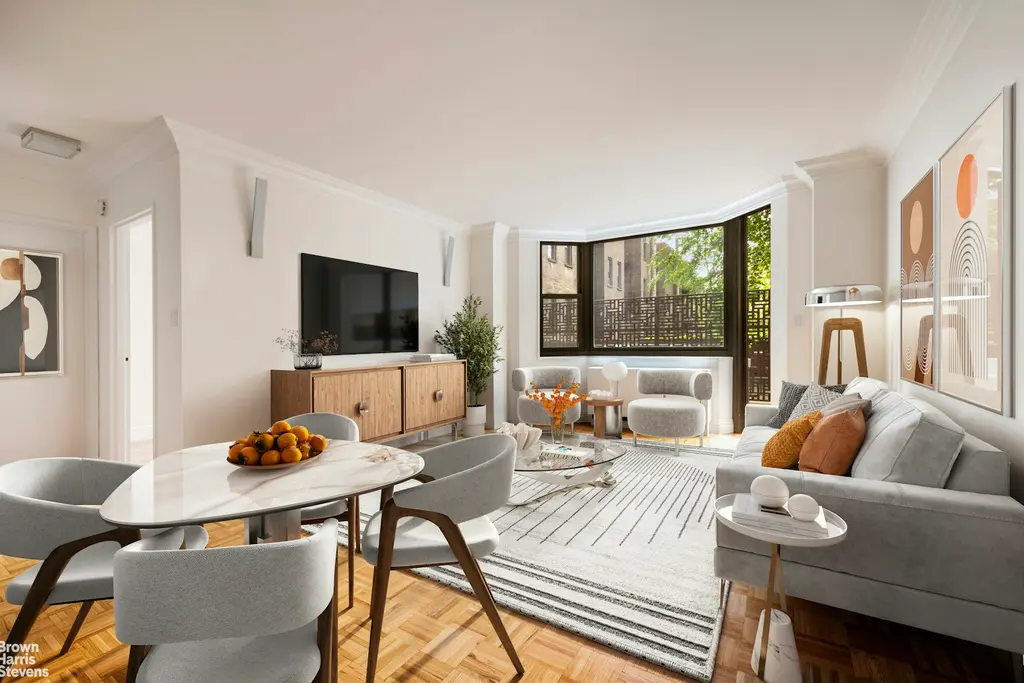
The Whitney, #2E (Brown Harris Stevens Residential Sales LLC)
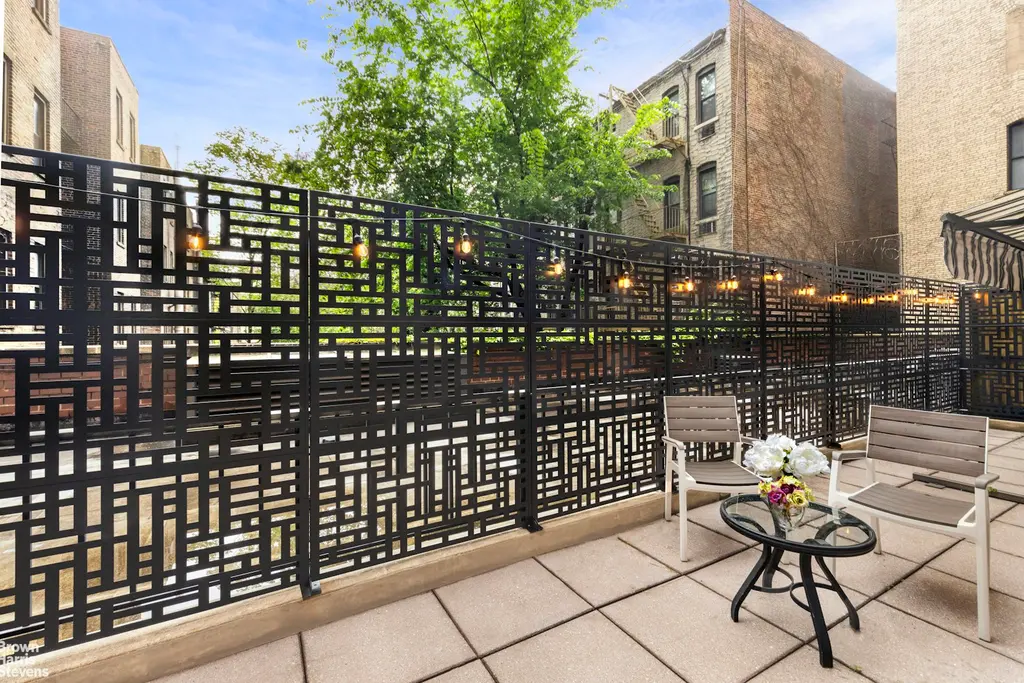
The Island House, #1312
$1,295,000 (-4.1%)
Roosevelt Island | Condop | 3 Bedrooms, 2.5 Baths | 1,603 ft2
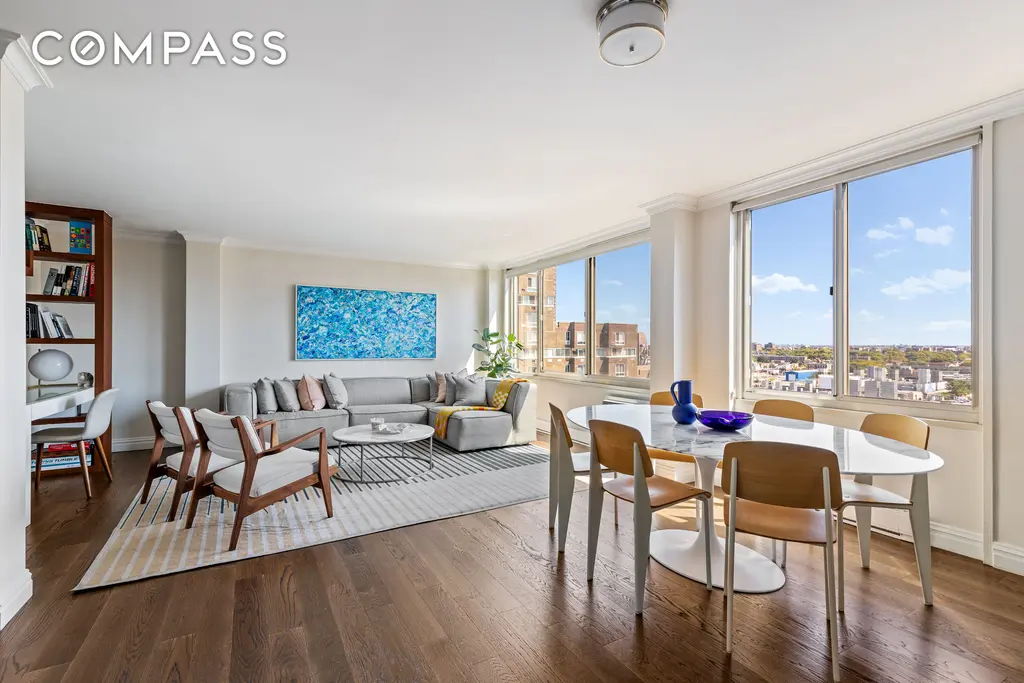
The Island House, #1312 (Compass)
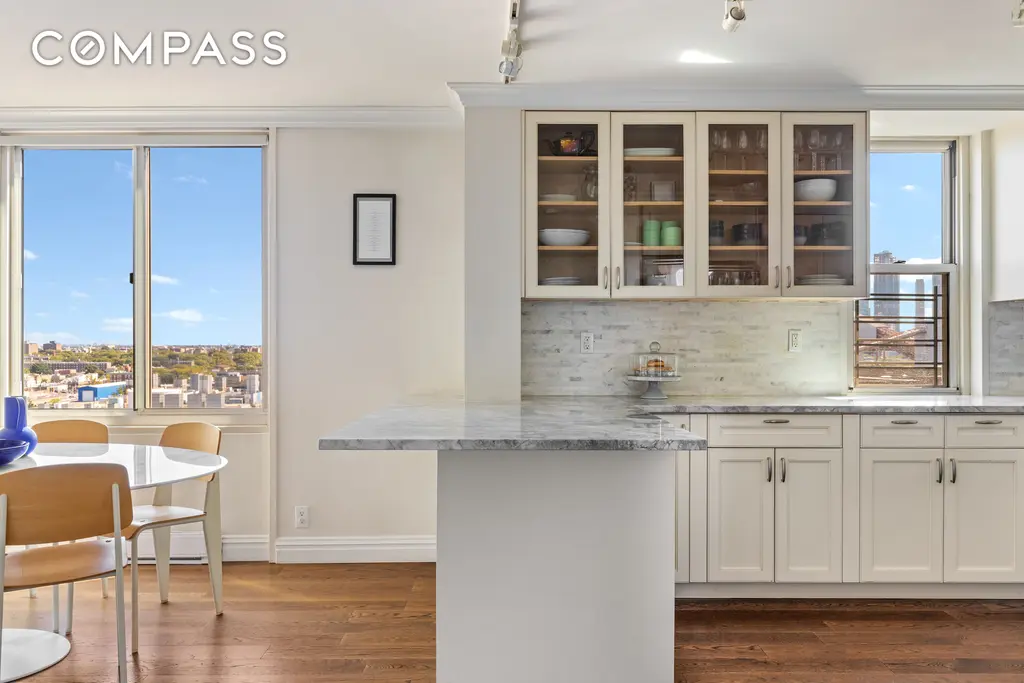
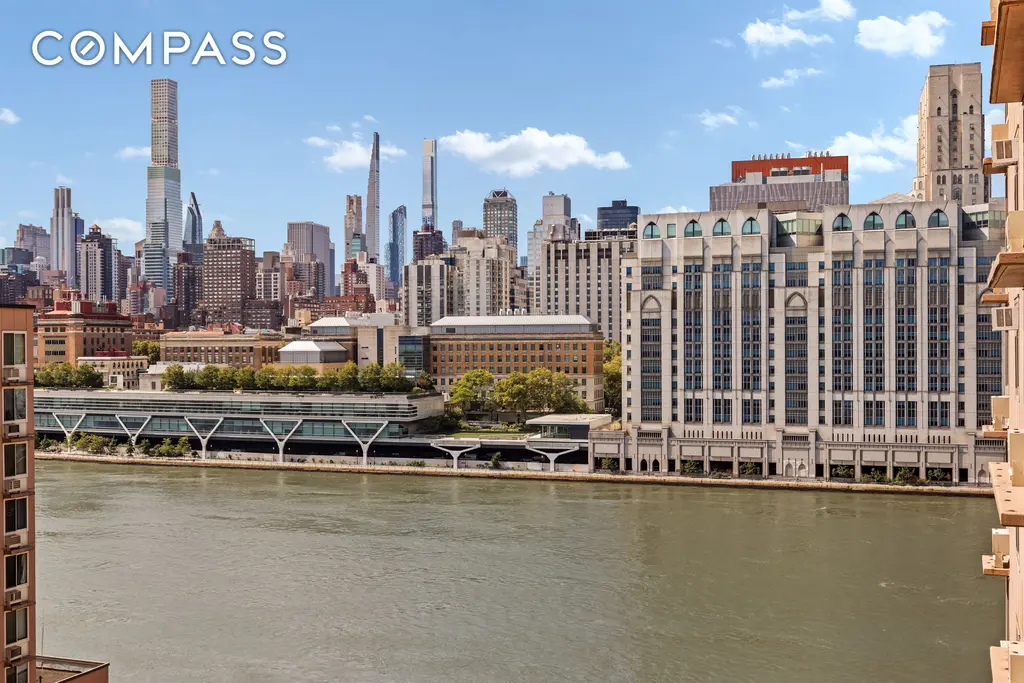
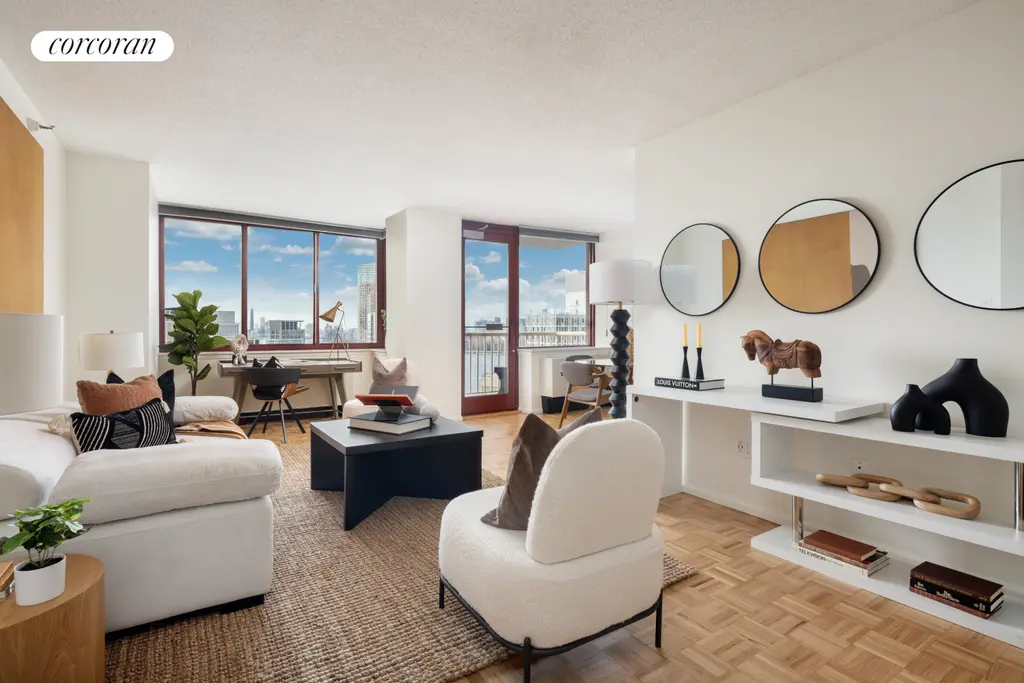
Citylights, #38K (Corcoran Group)
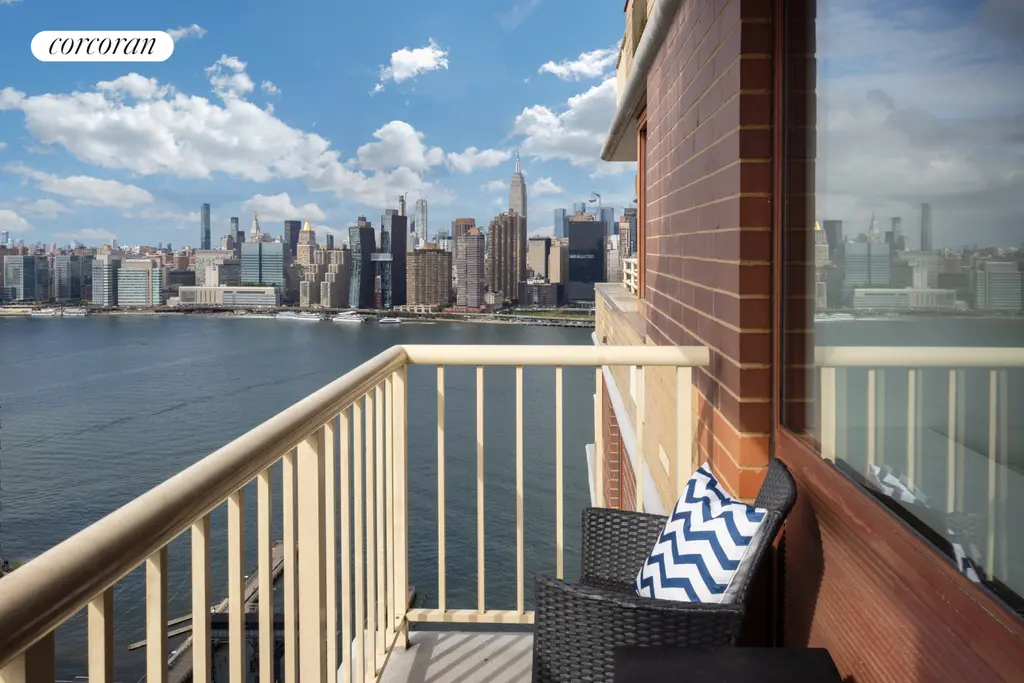

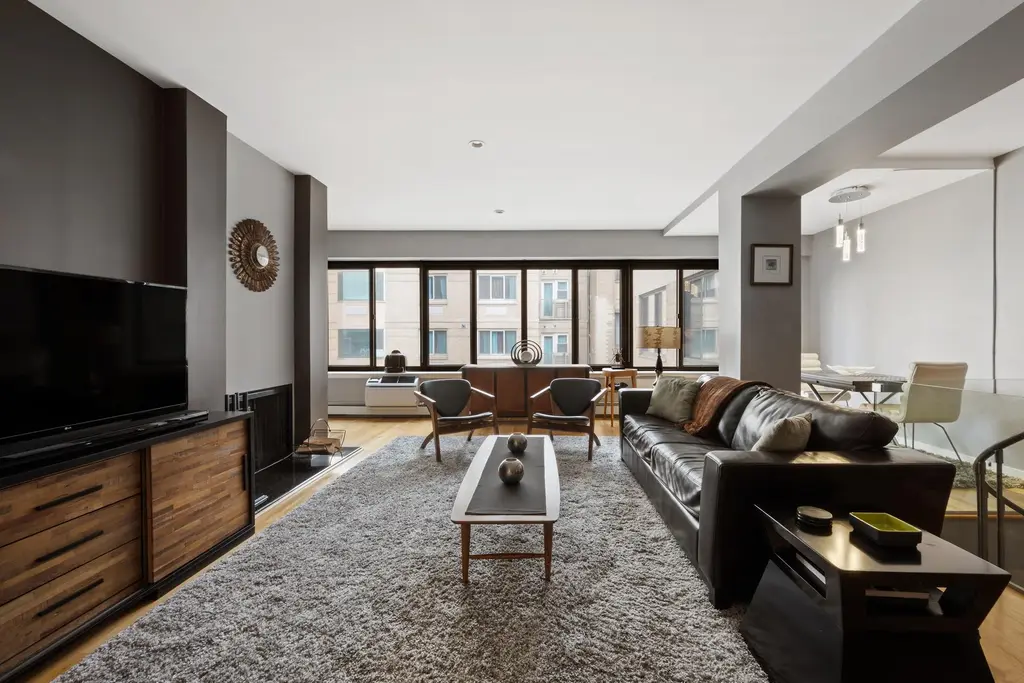
The Armory, #87Q (Douglas Elliman Real Estate)
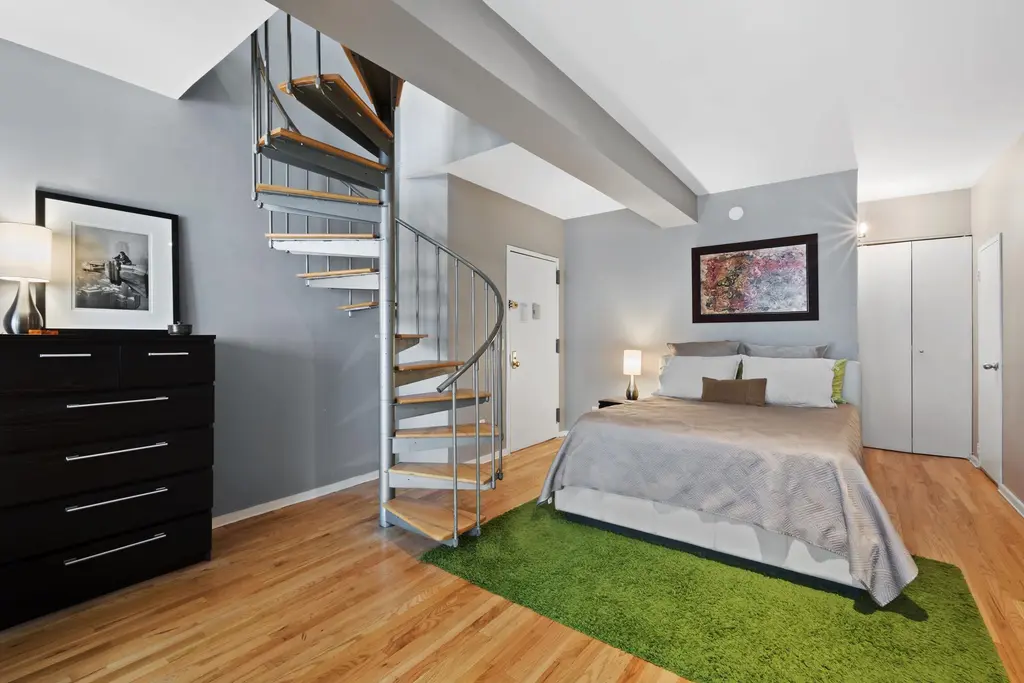
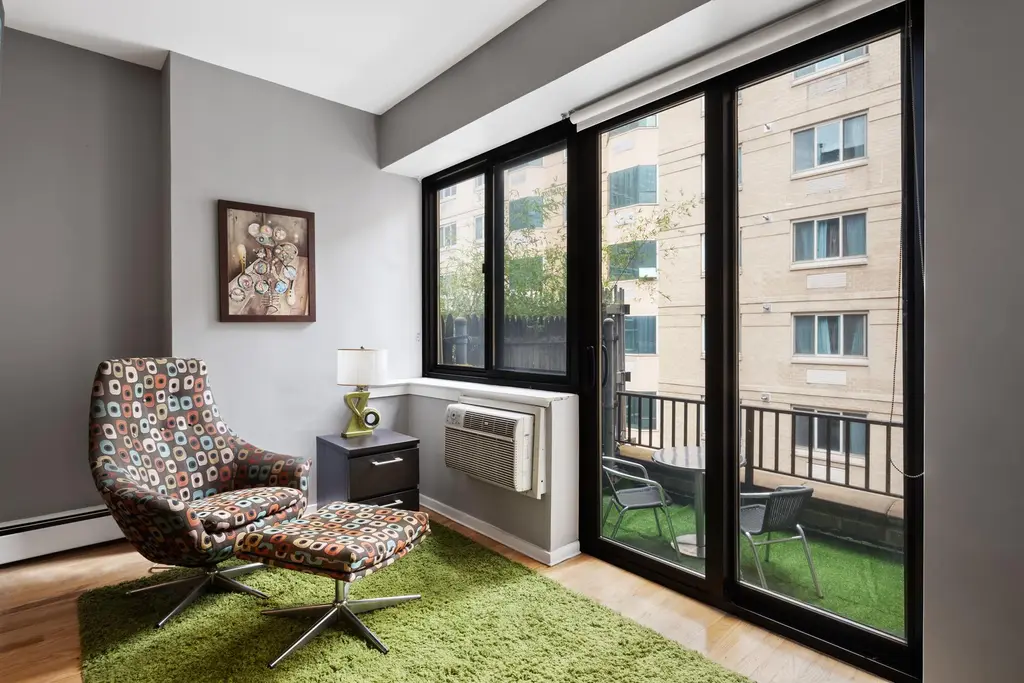
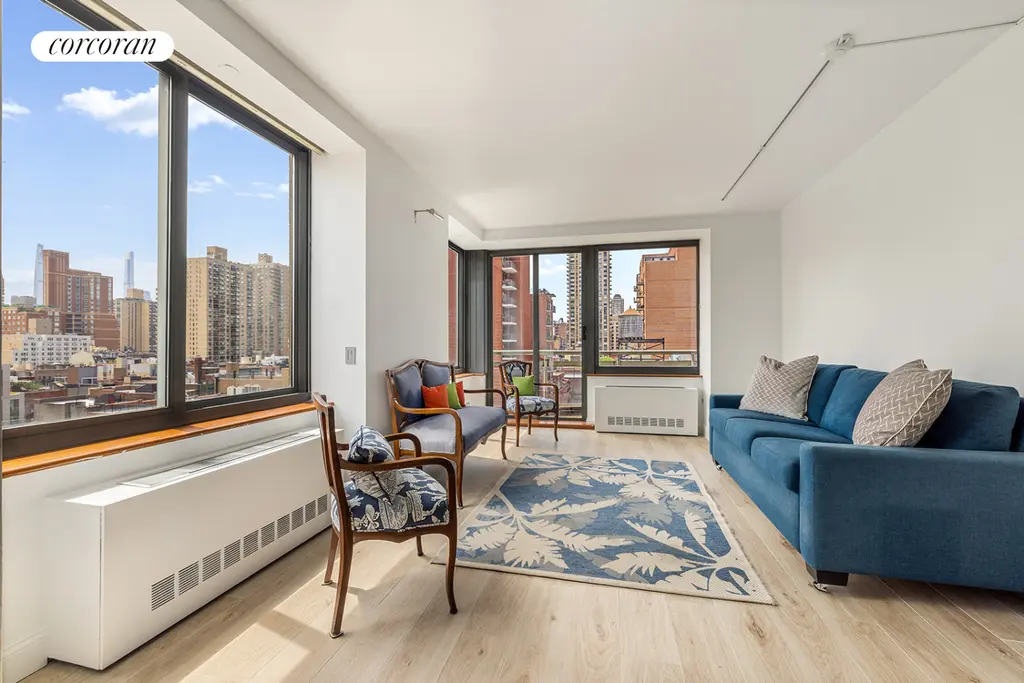
The America, #1002 (Corcoran Group)
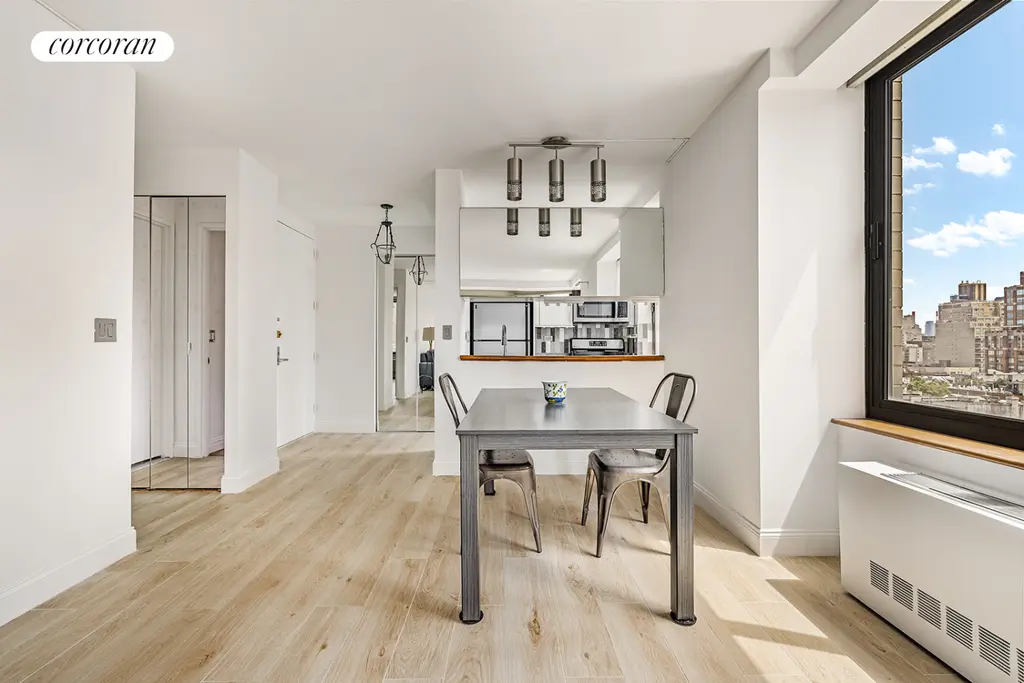
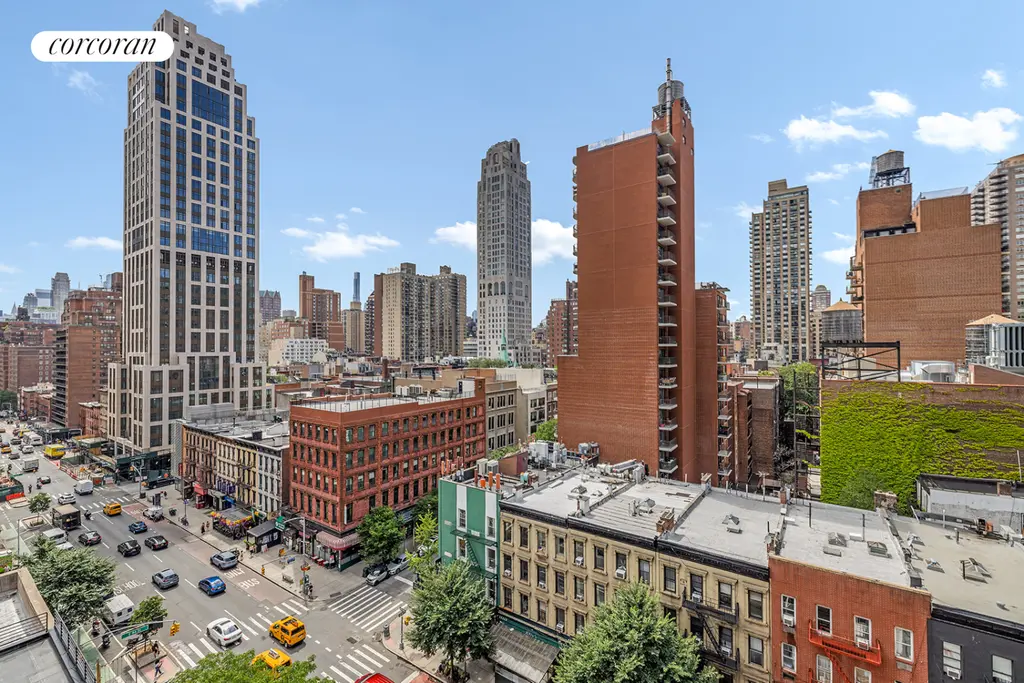
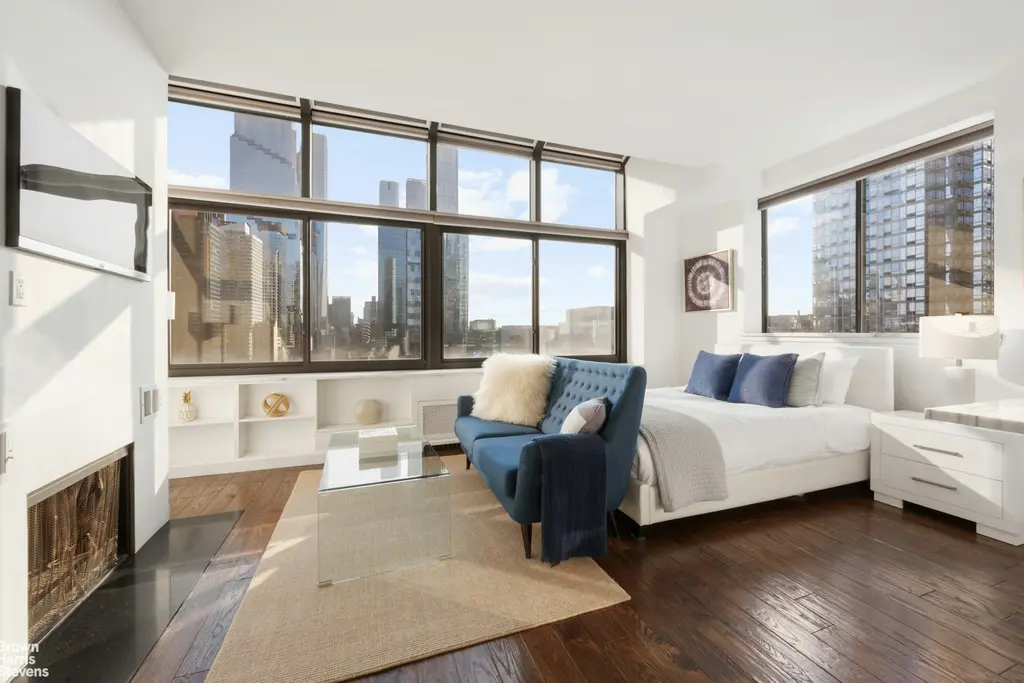
The Armory, #9S (Brown Harris Stevens Residential Sales LLC)
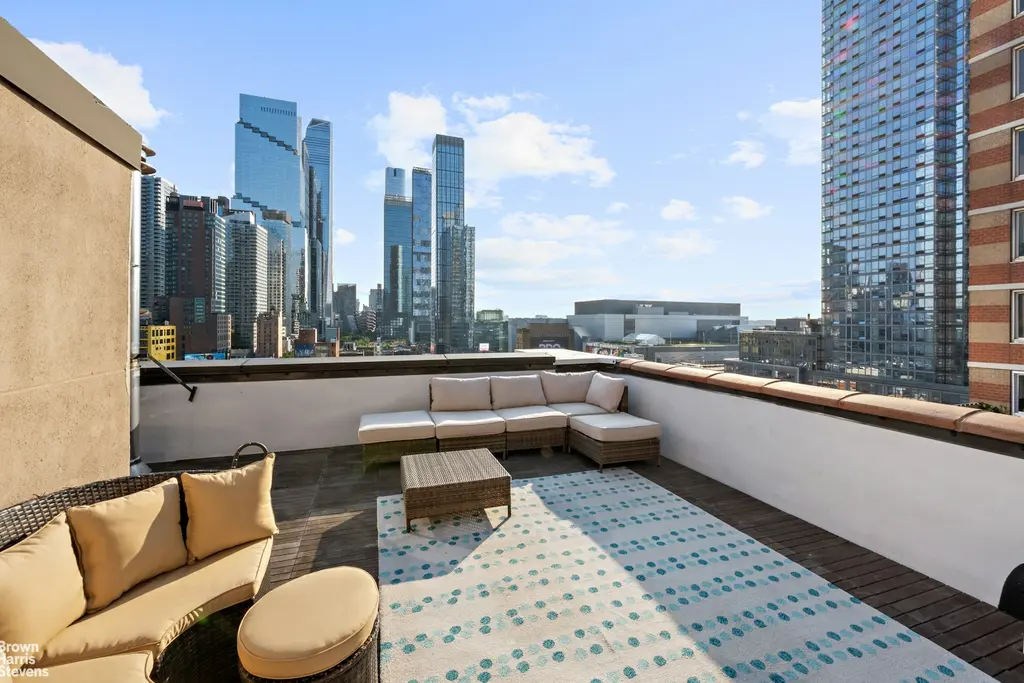
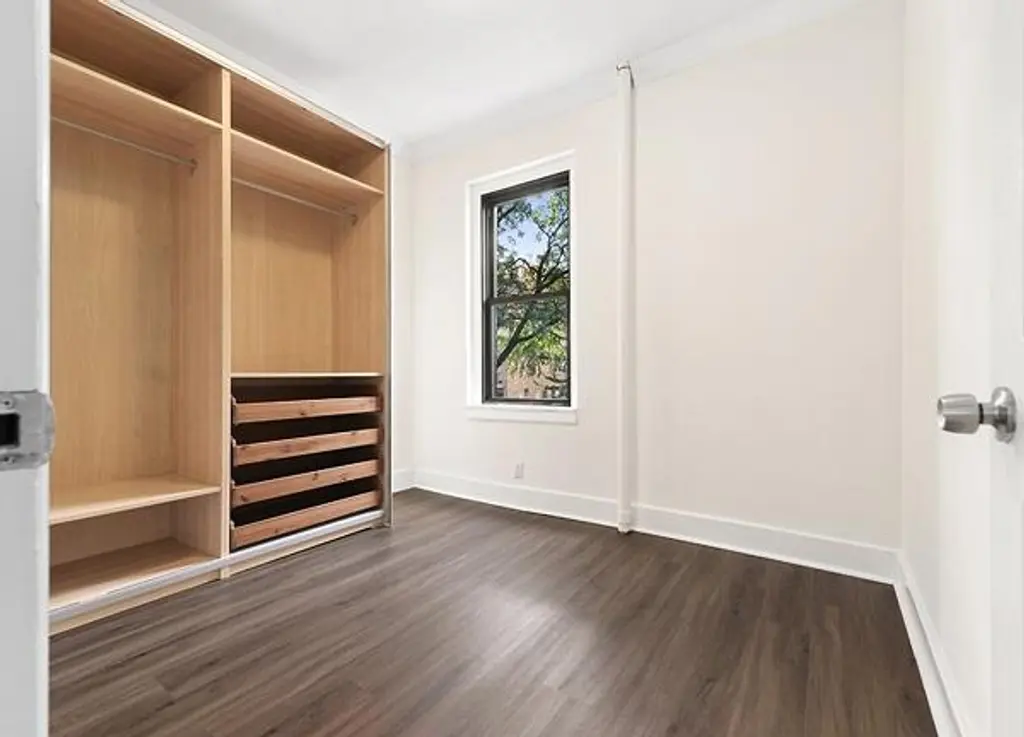
The Acropolis, #2D (Beekman Street Realty LLC)
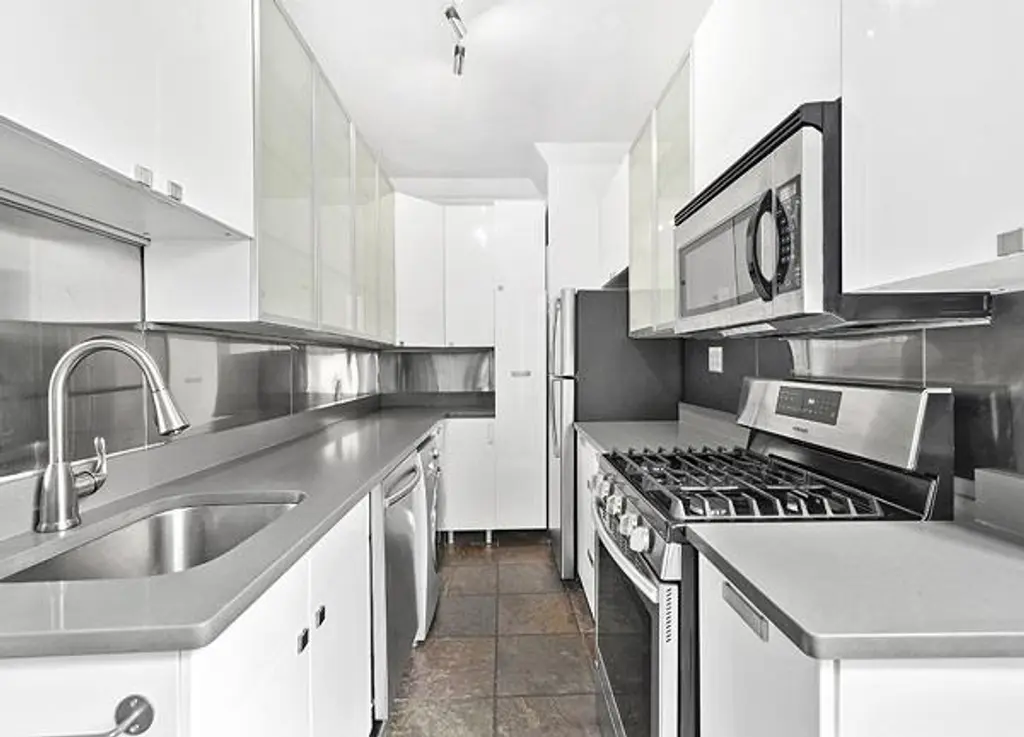
Would you like to tour any of these properties?
Just complete the info below.
Or call us at (212) 755-5544
Would you like to tour any of these properties?

Contributing Writer
Cait Etherington
Cait Etherington has over twenty years of experience working as a journalist and communications consultant. Her articles and reviews have been published in newspapers and magazines across the United States and internationally. An experienced financial writer, Cait is committed to exposing the human side of stories about contemporary business, banking and workplace relations. She also enjoys writing about trends, lifestyles and real estate in New York City where she lives with her family in a cozy apartment on the twentieth floor of a Manhattan high rise.








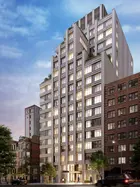


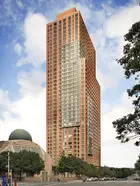


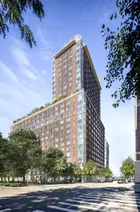

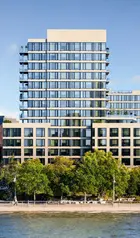
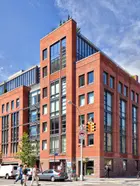


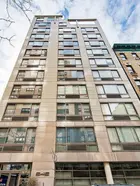
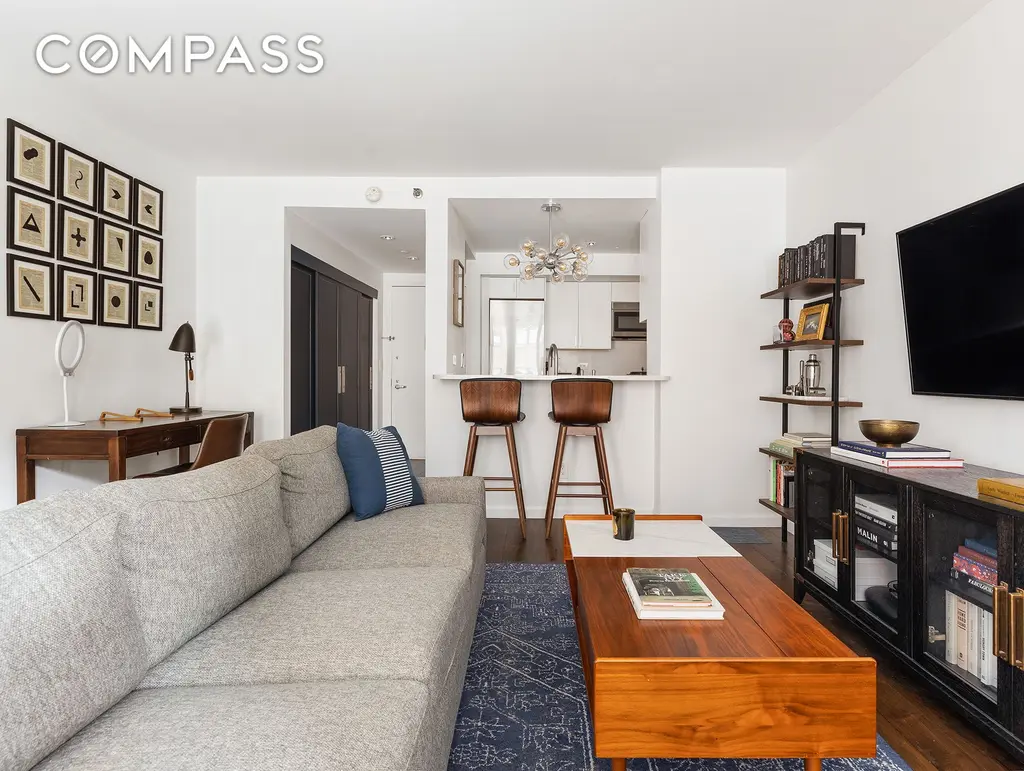
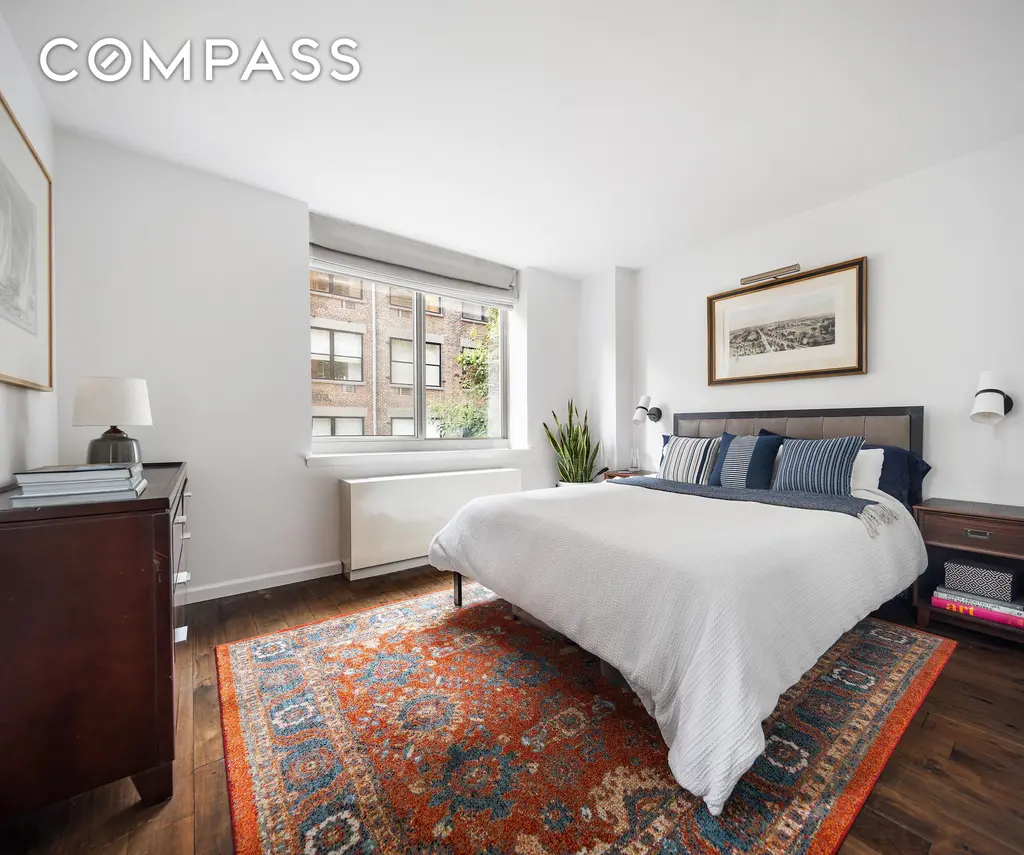
 6sqft delivers the latest on real estate, architecture, and design, straight from New York City.
6sqft delivers the latest on real estate, architecture, and design, straight from New York City.
